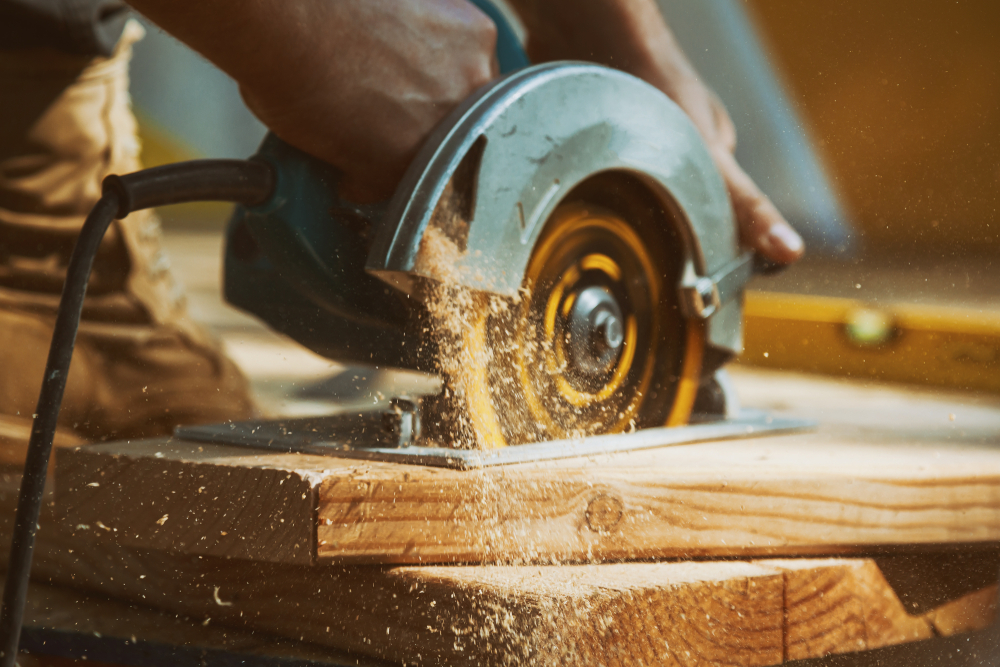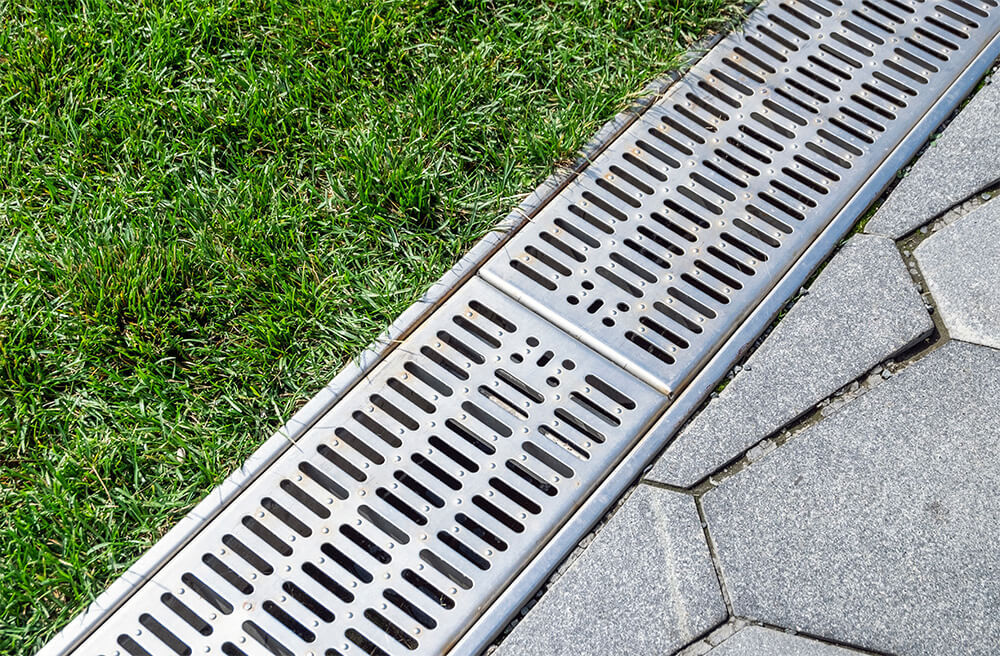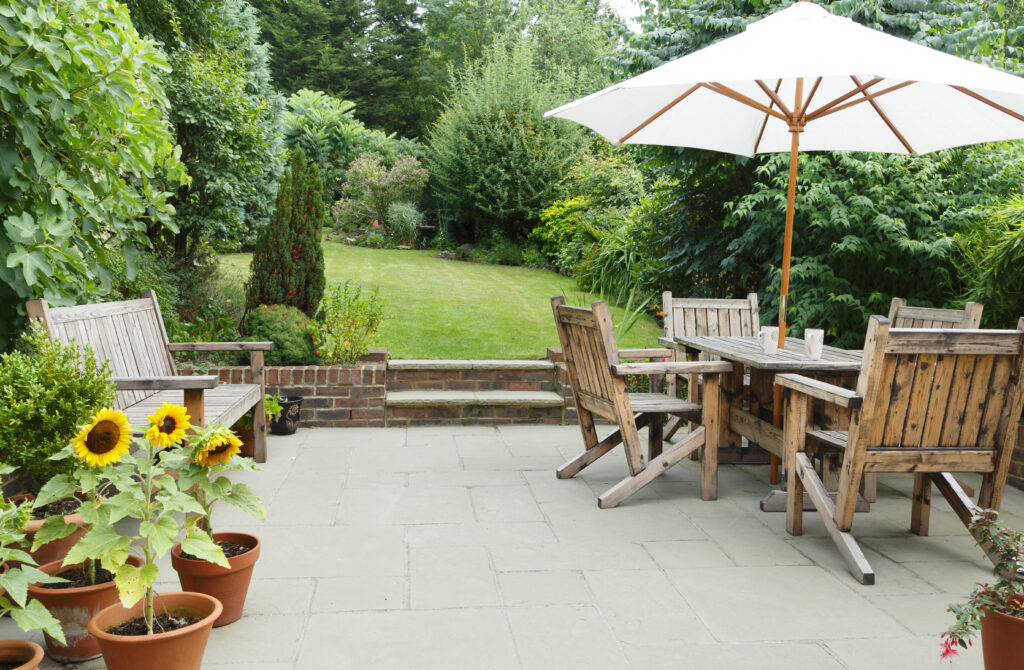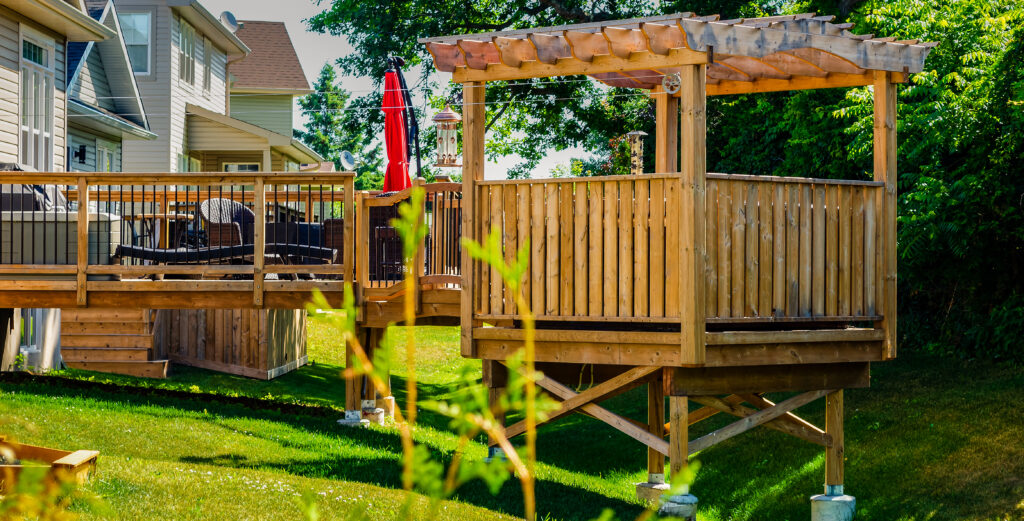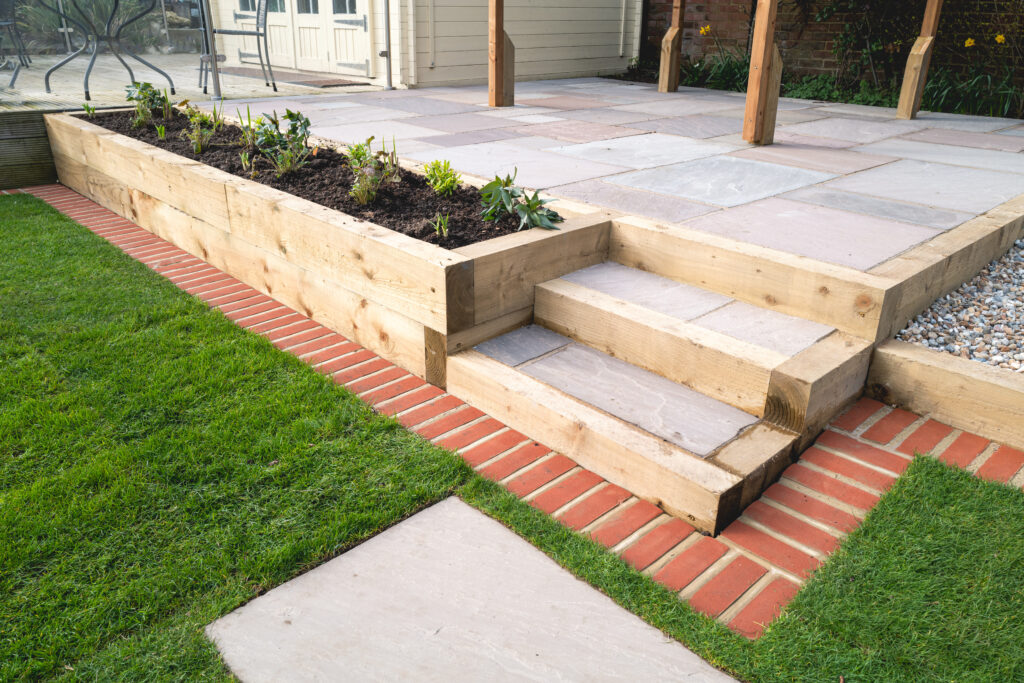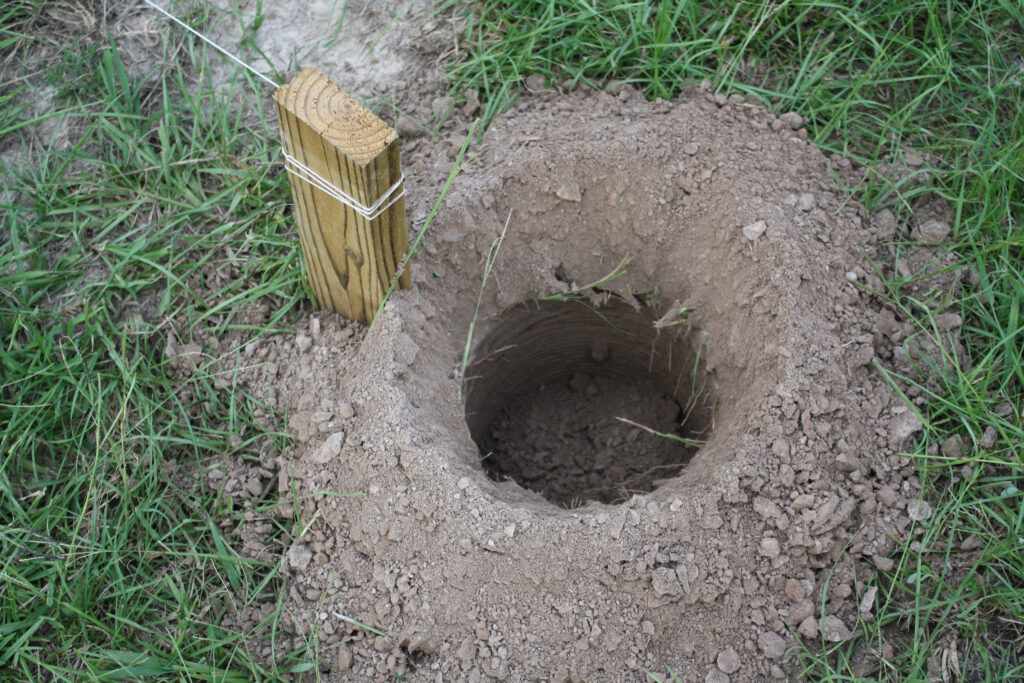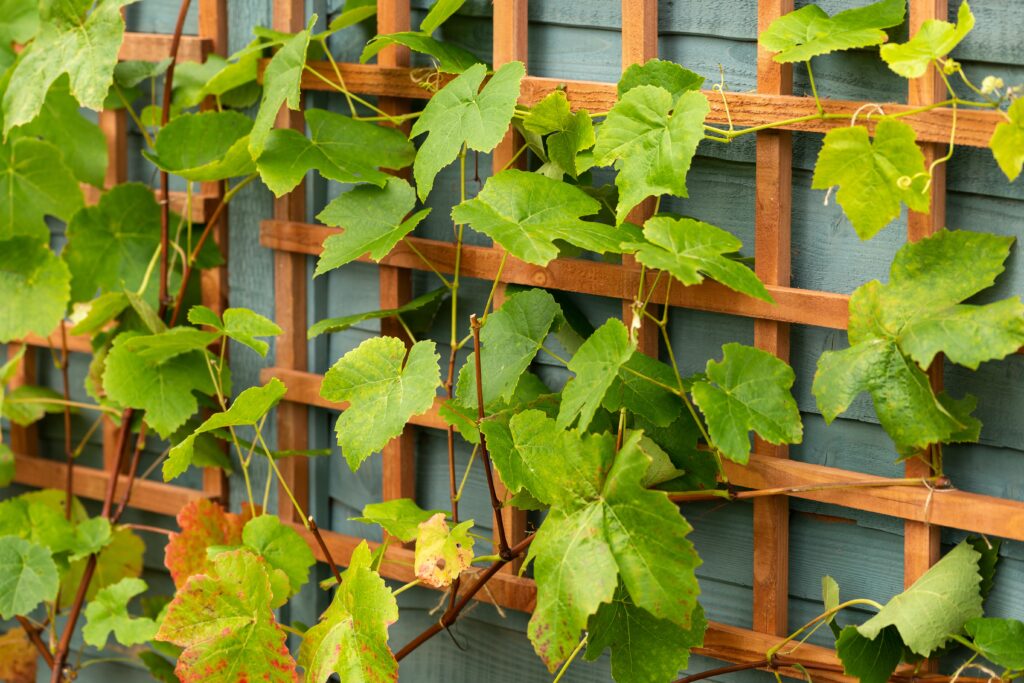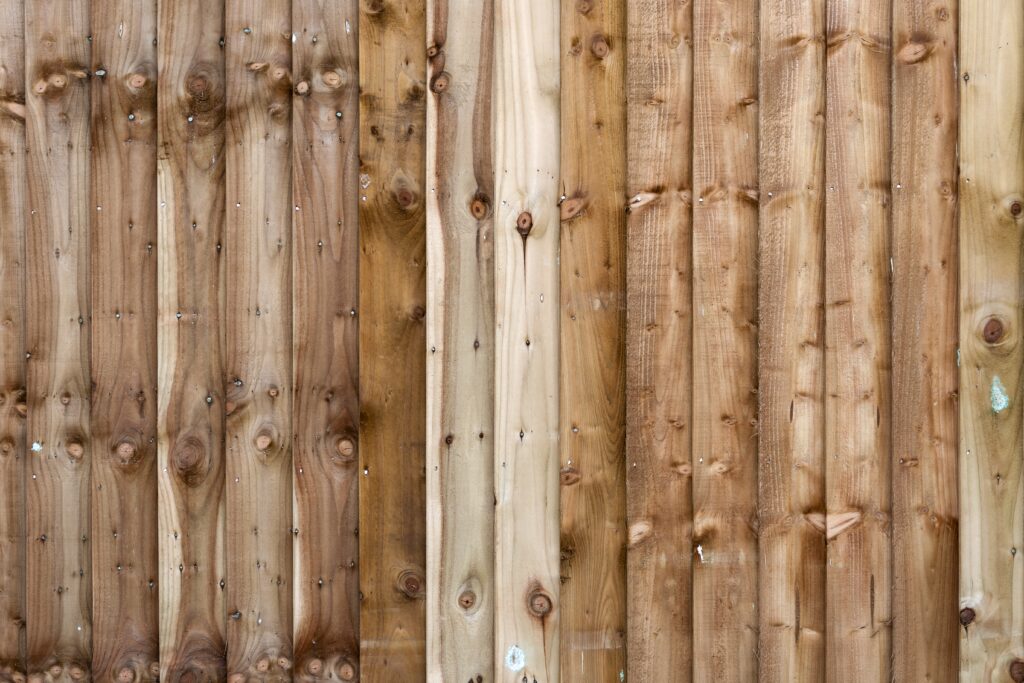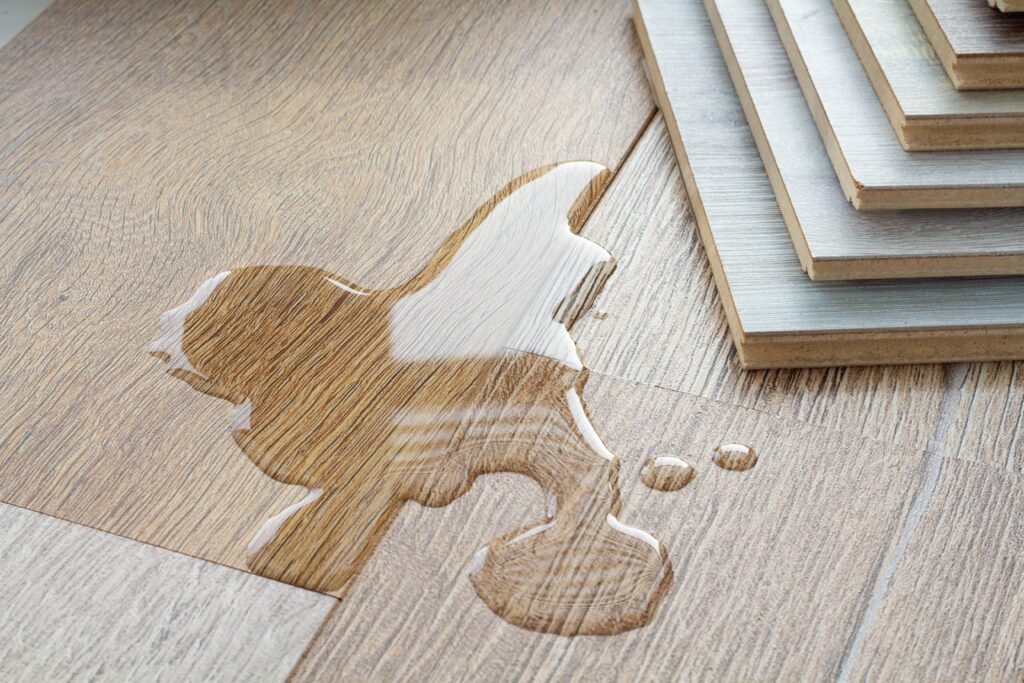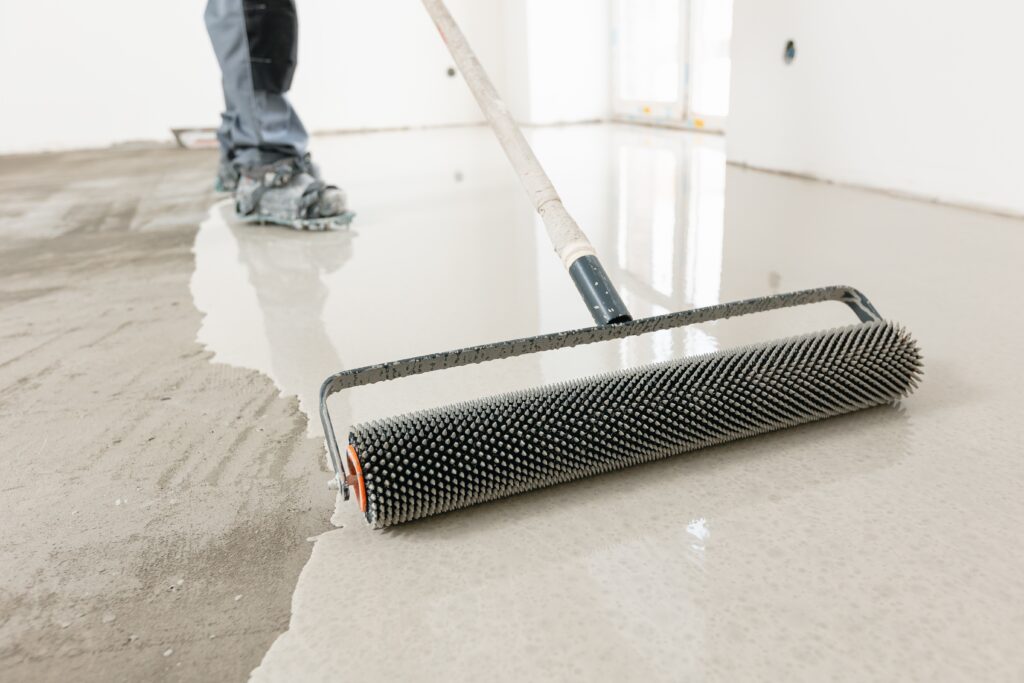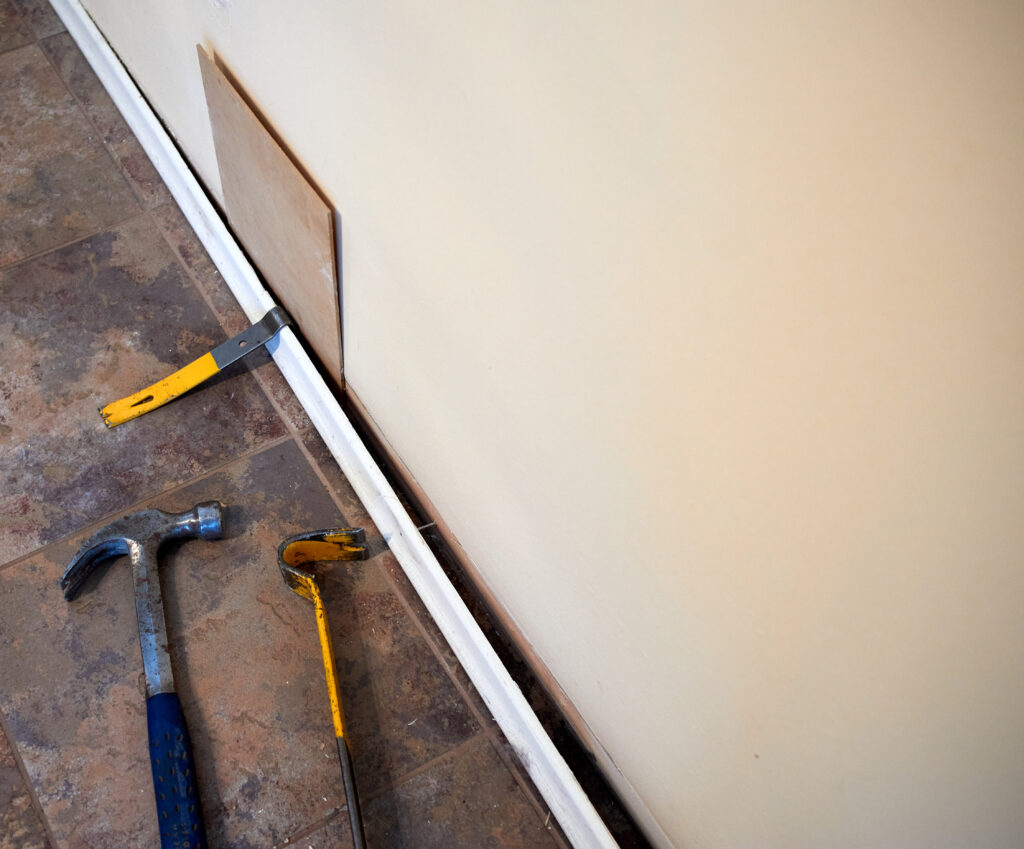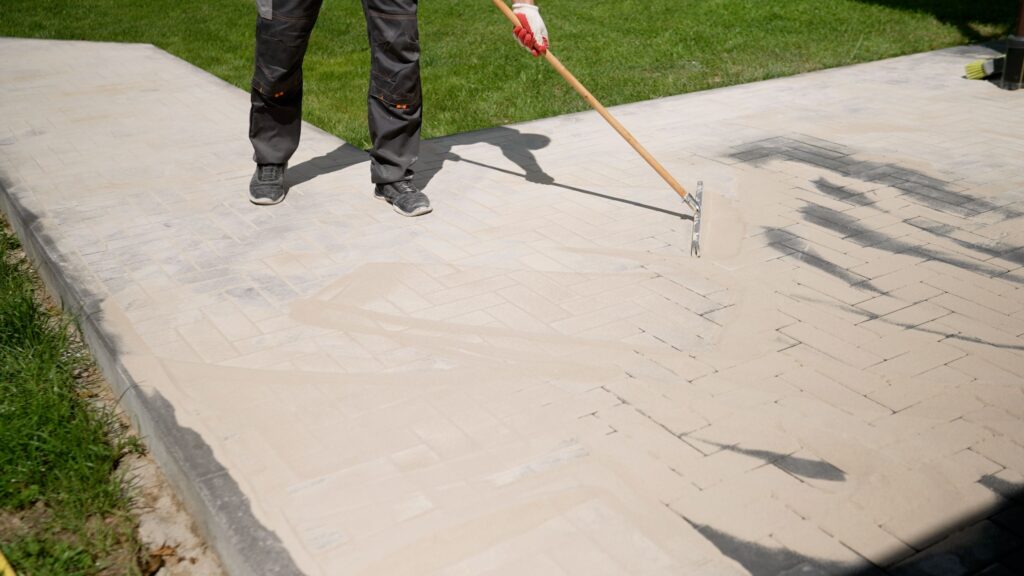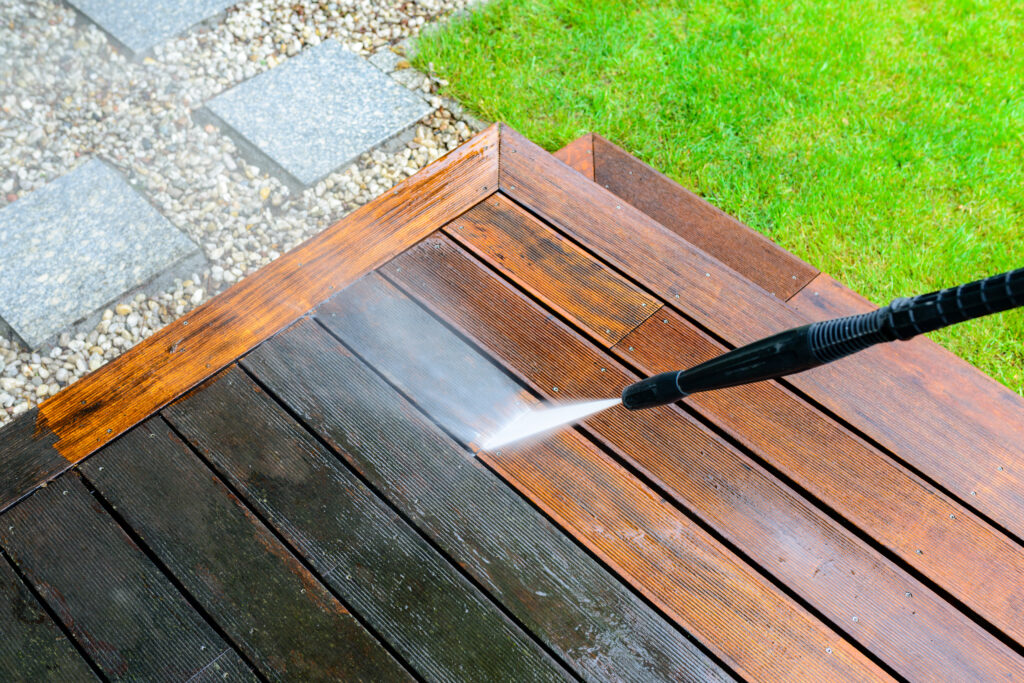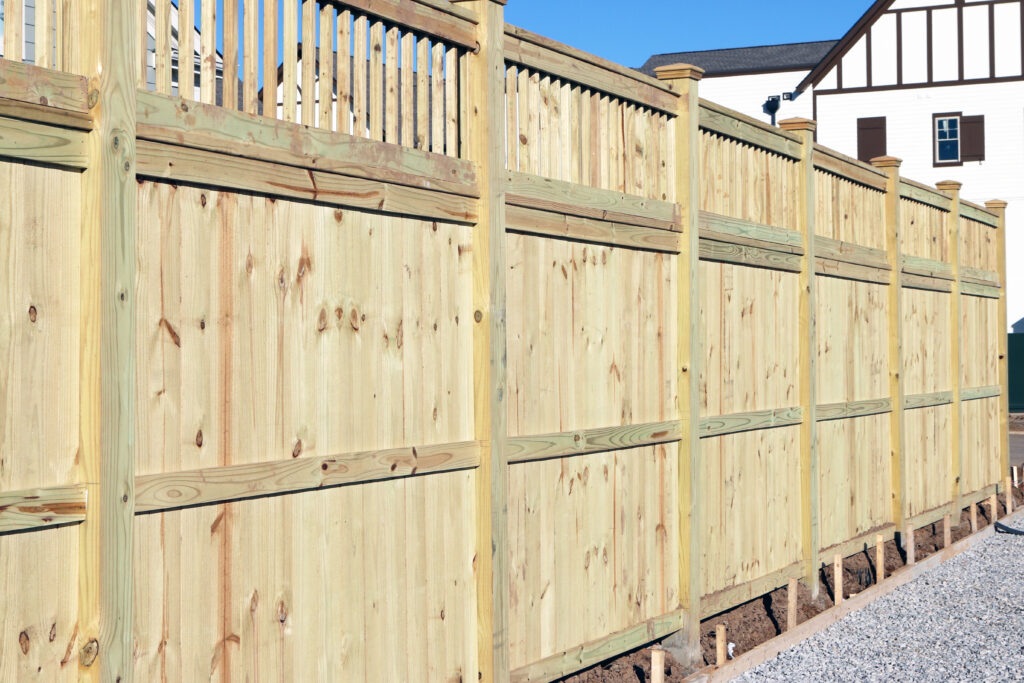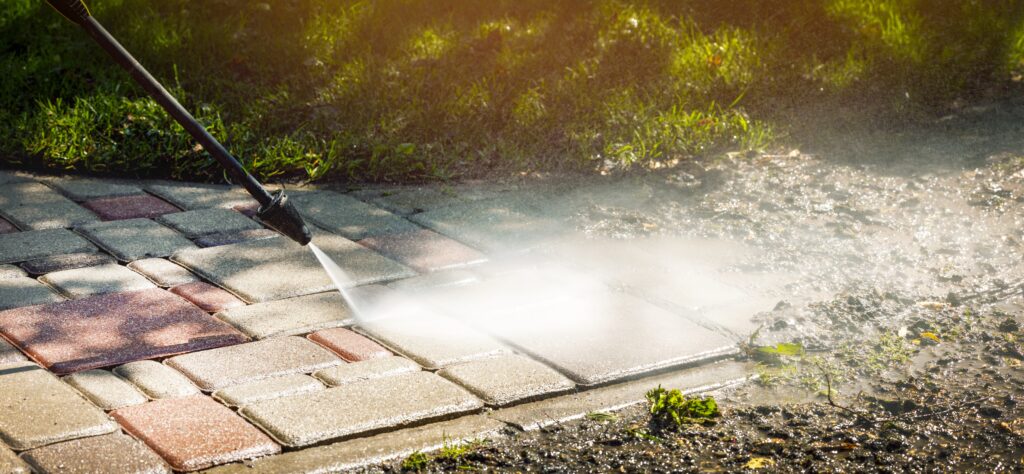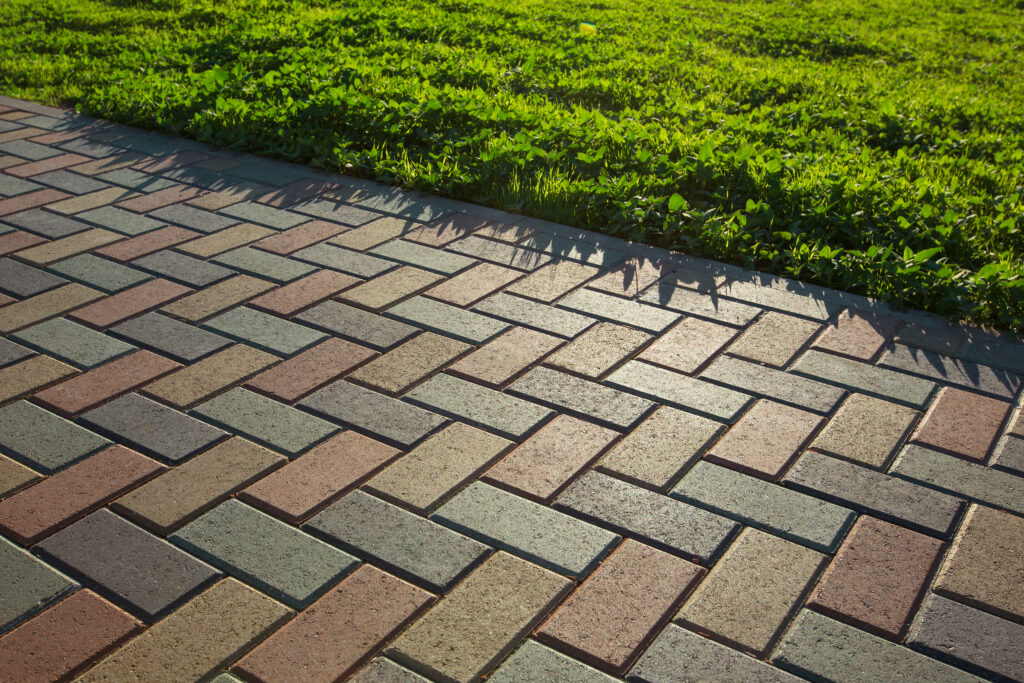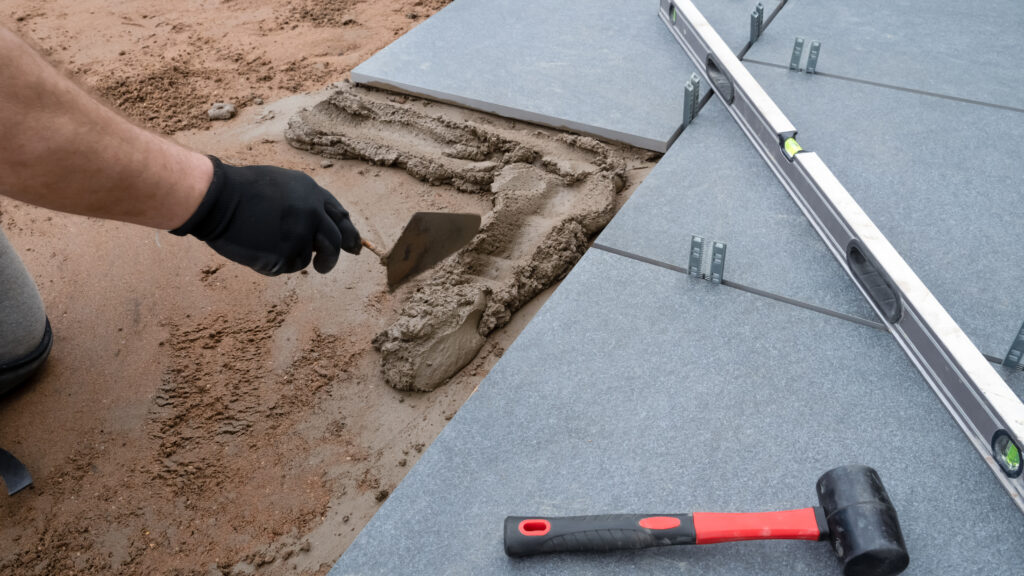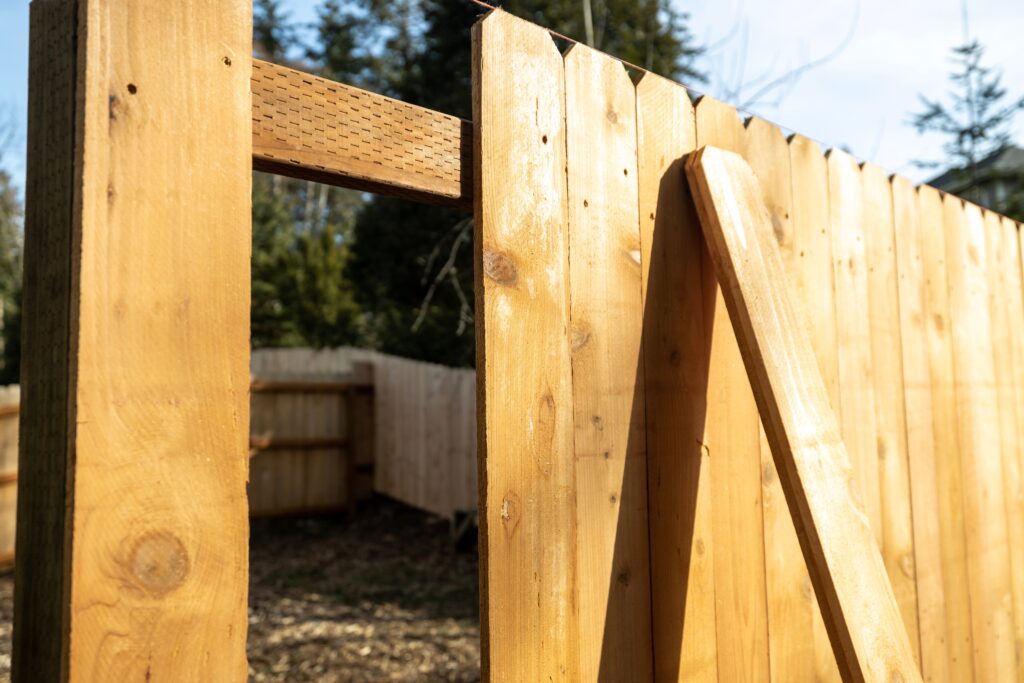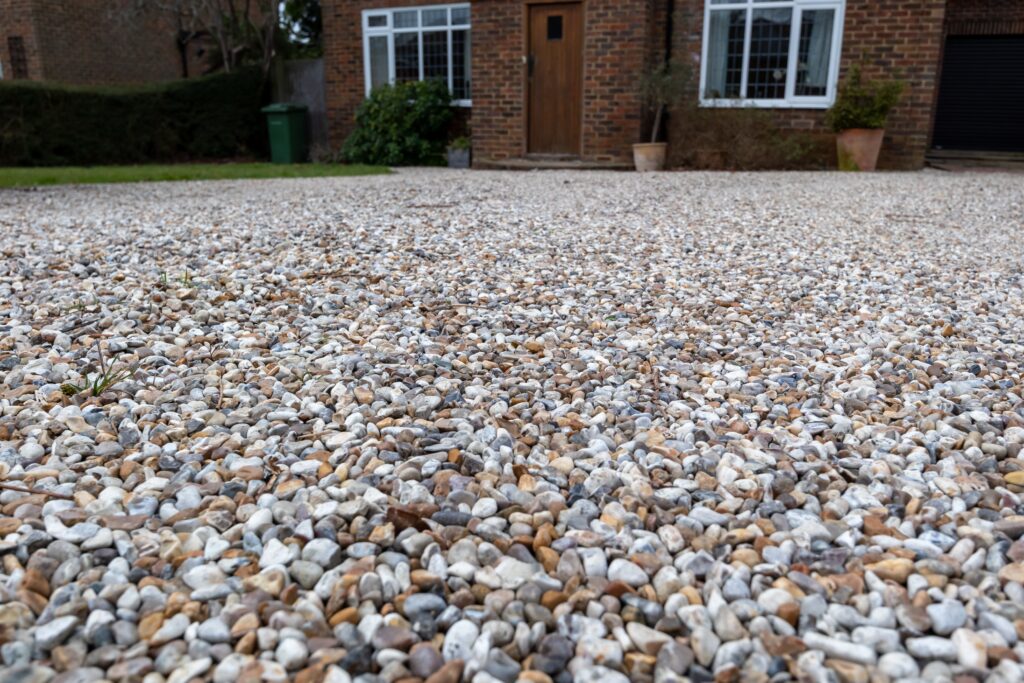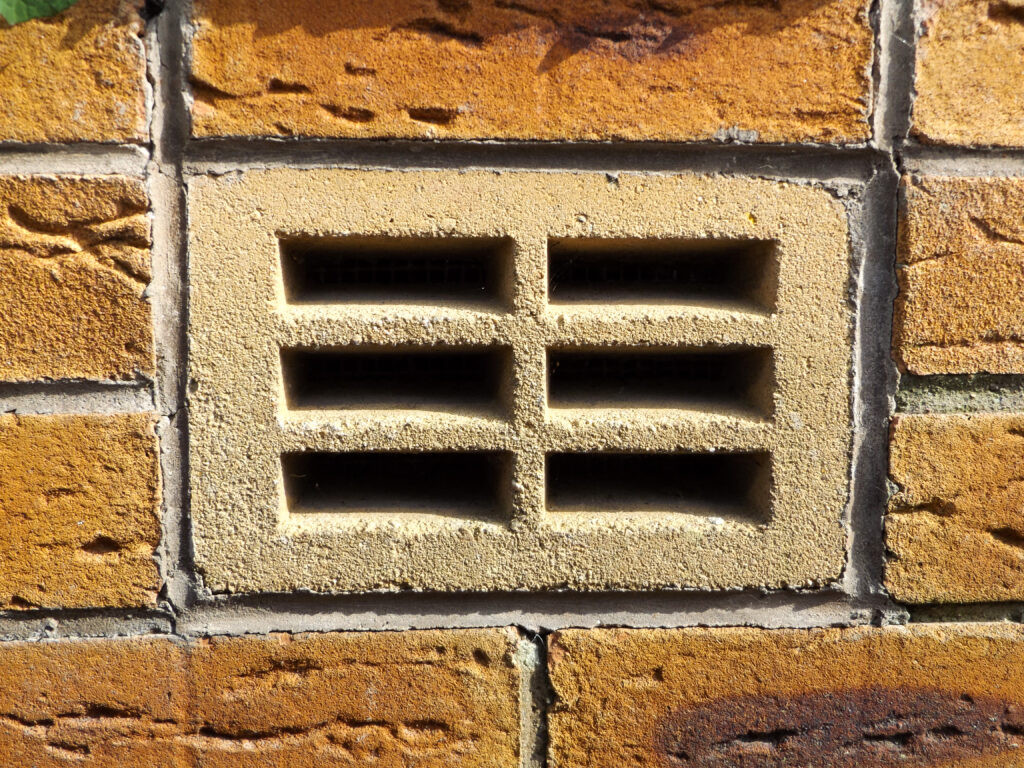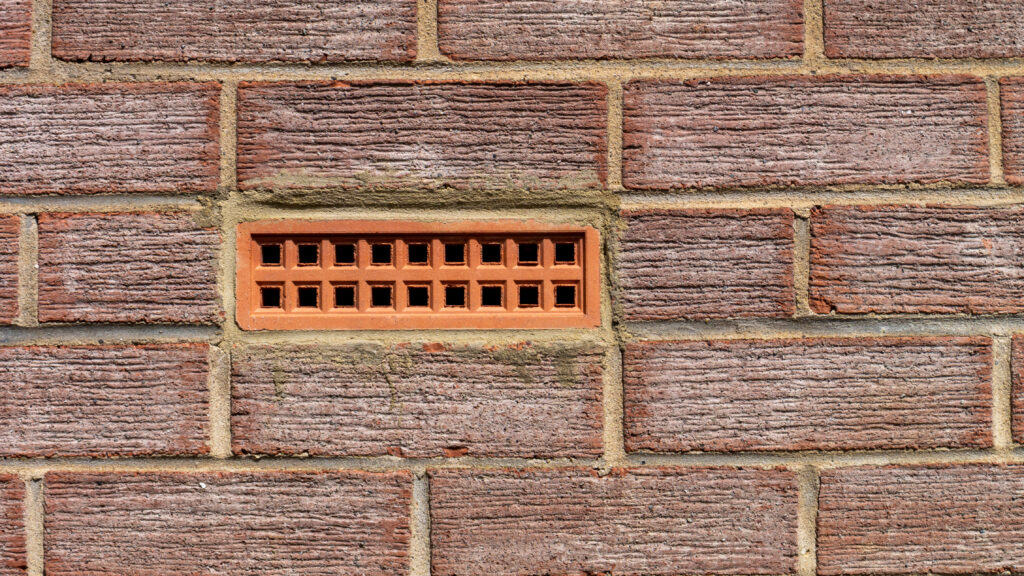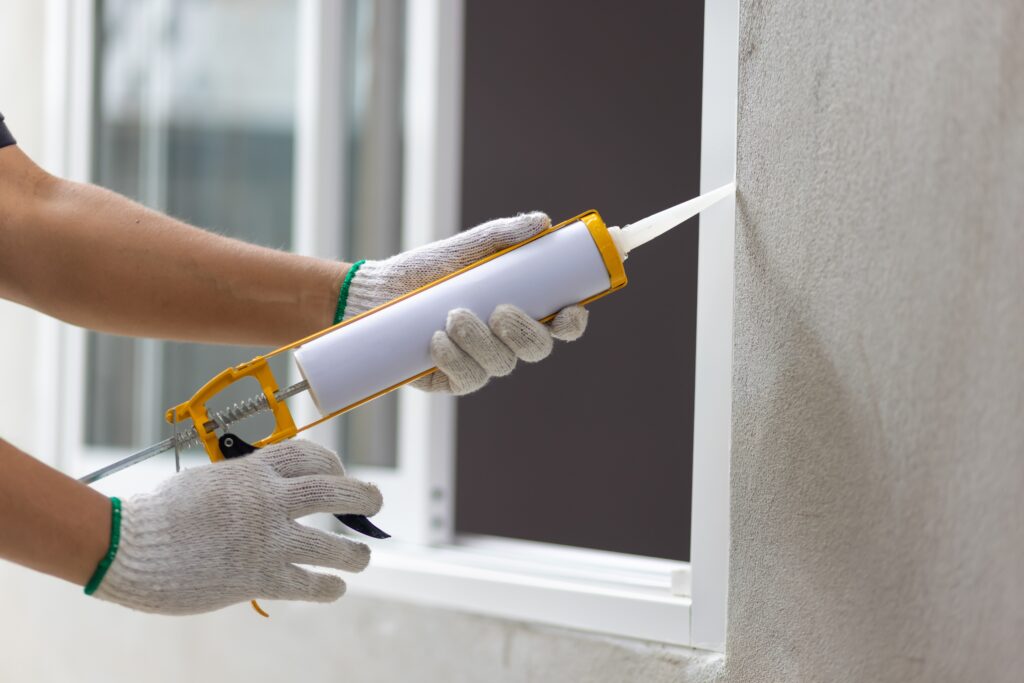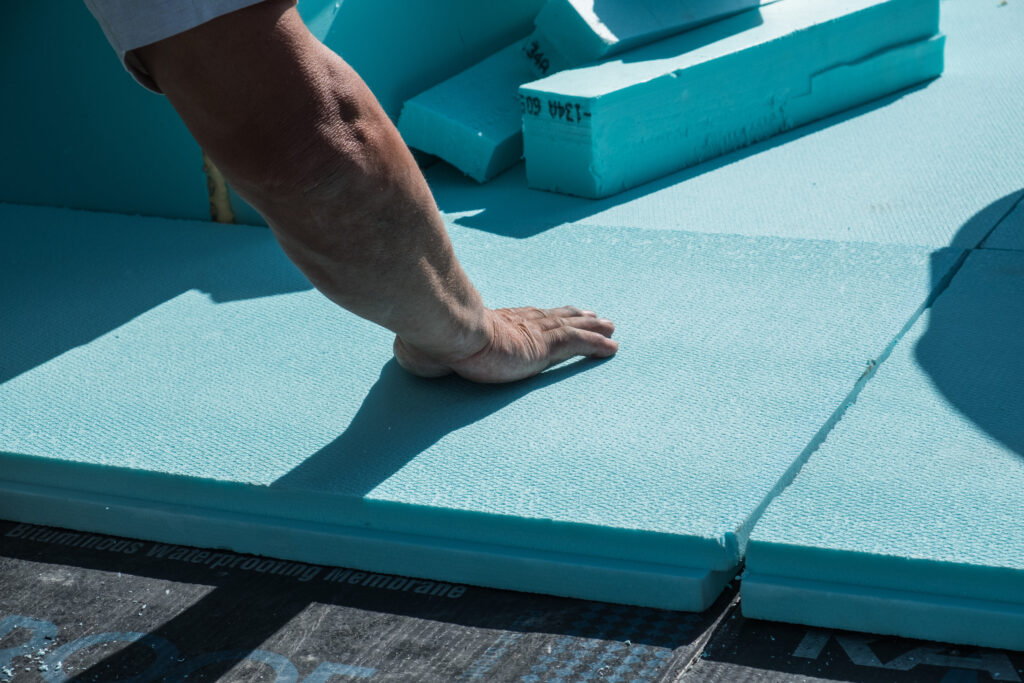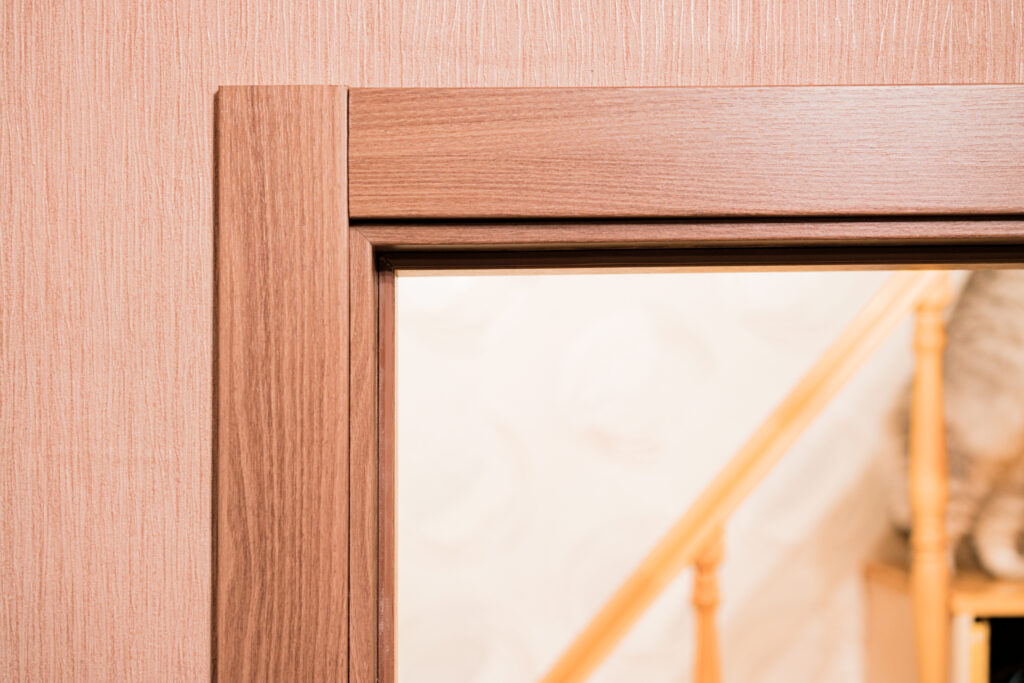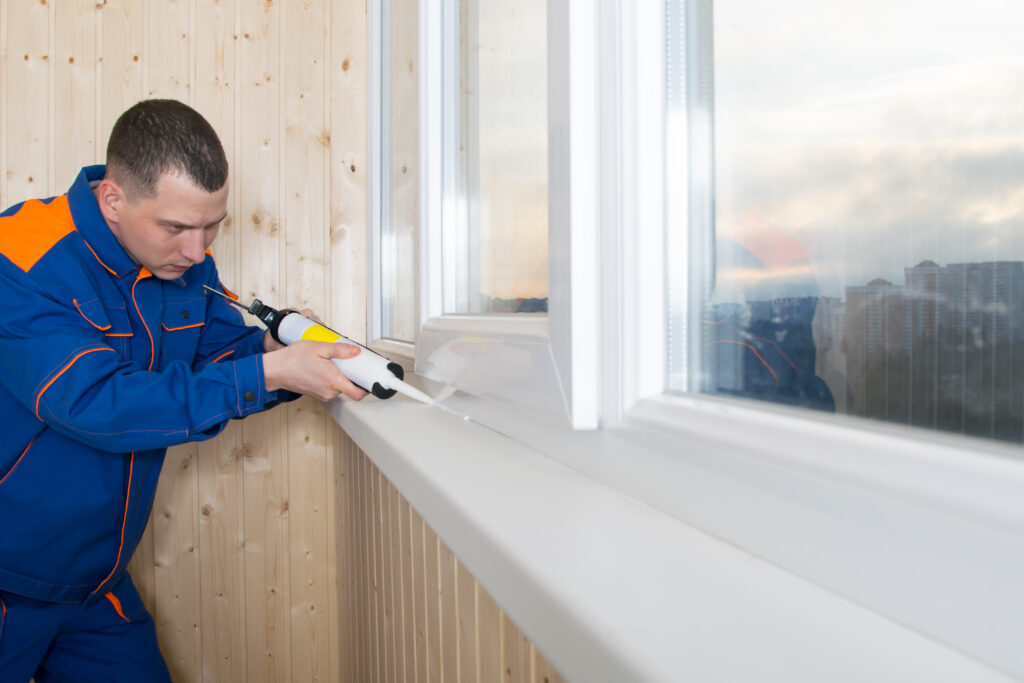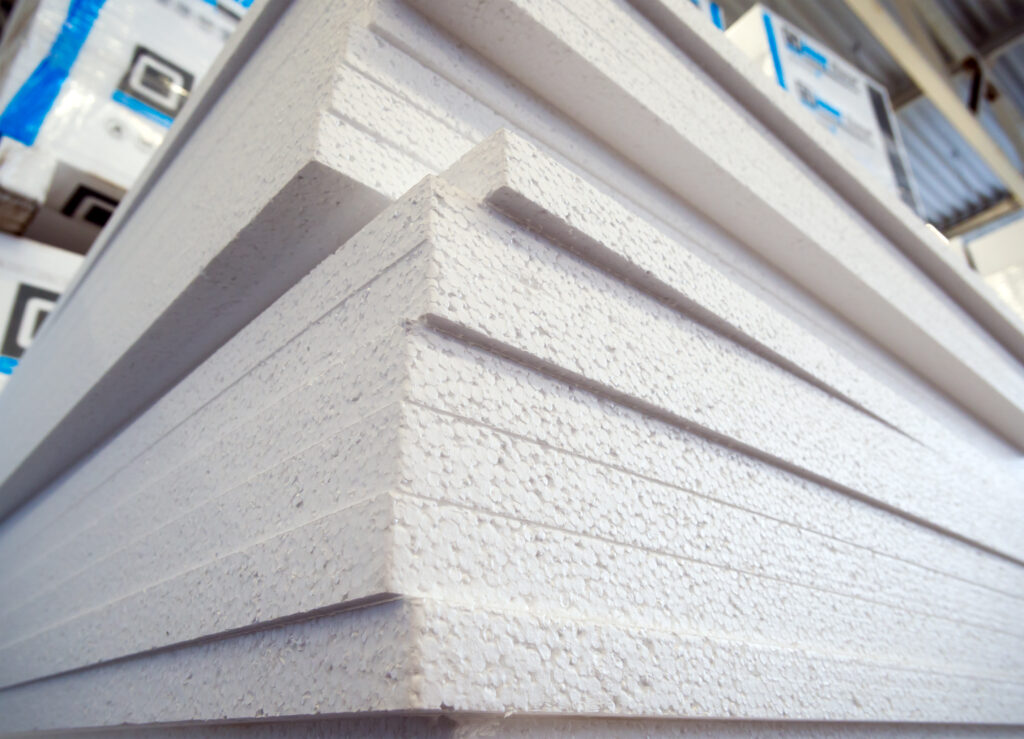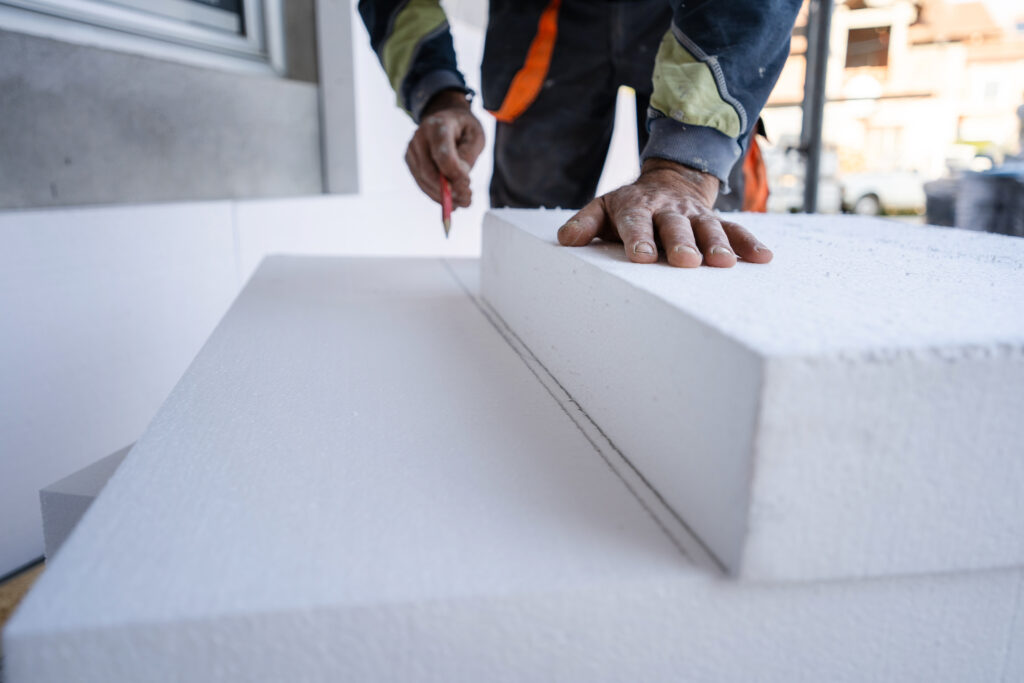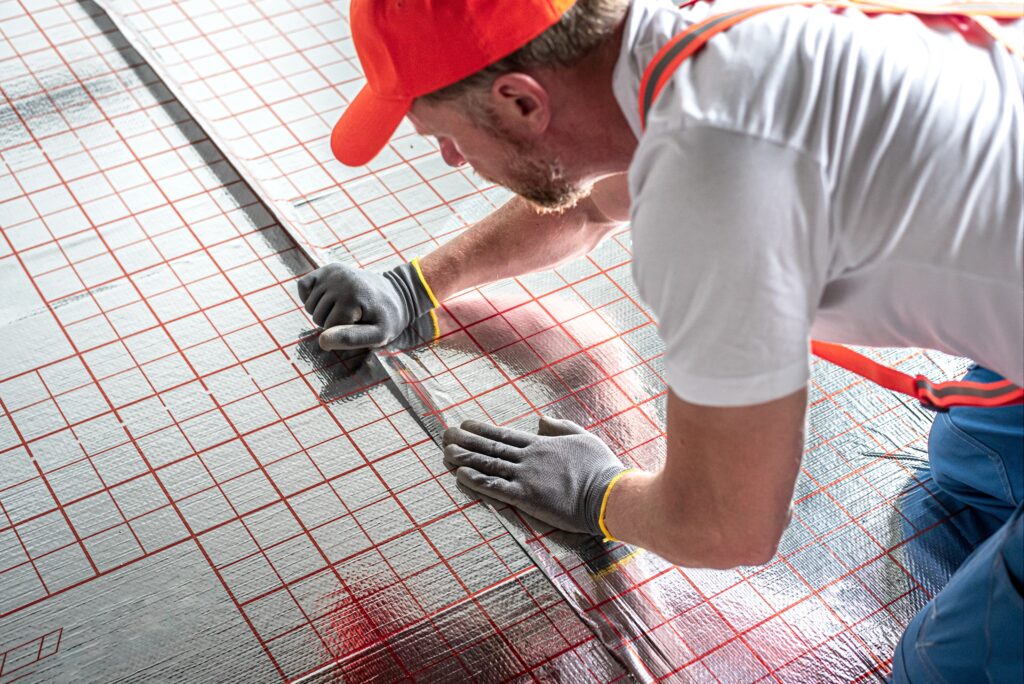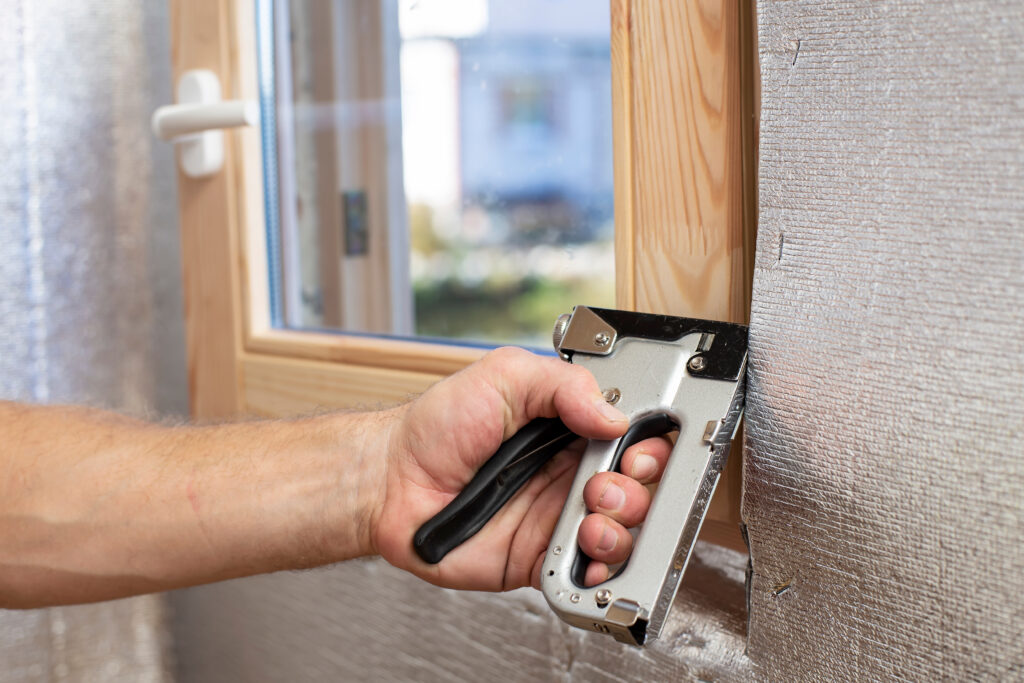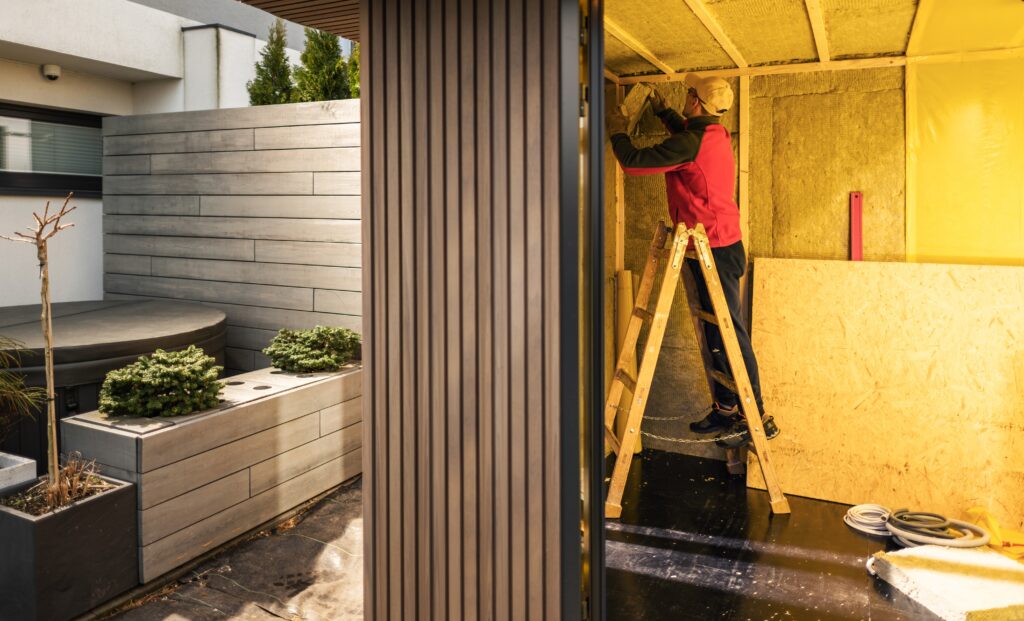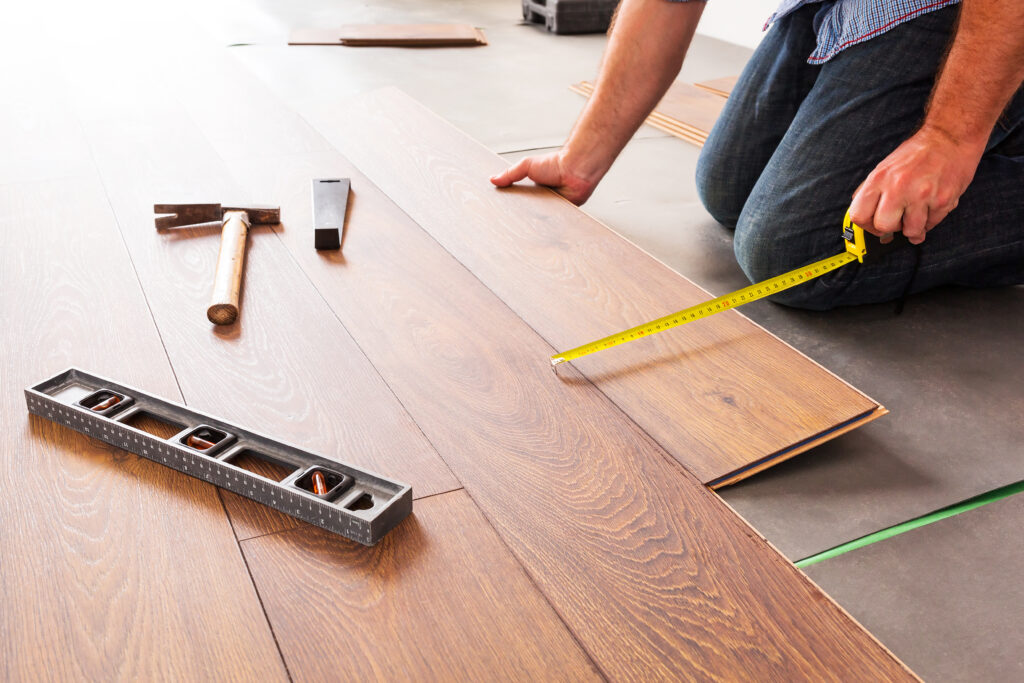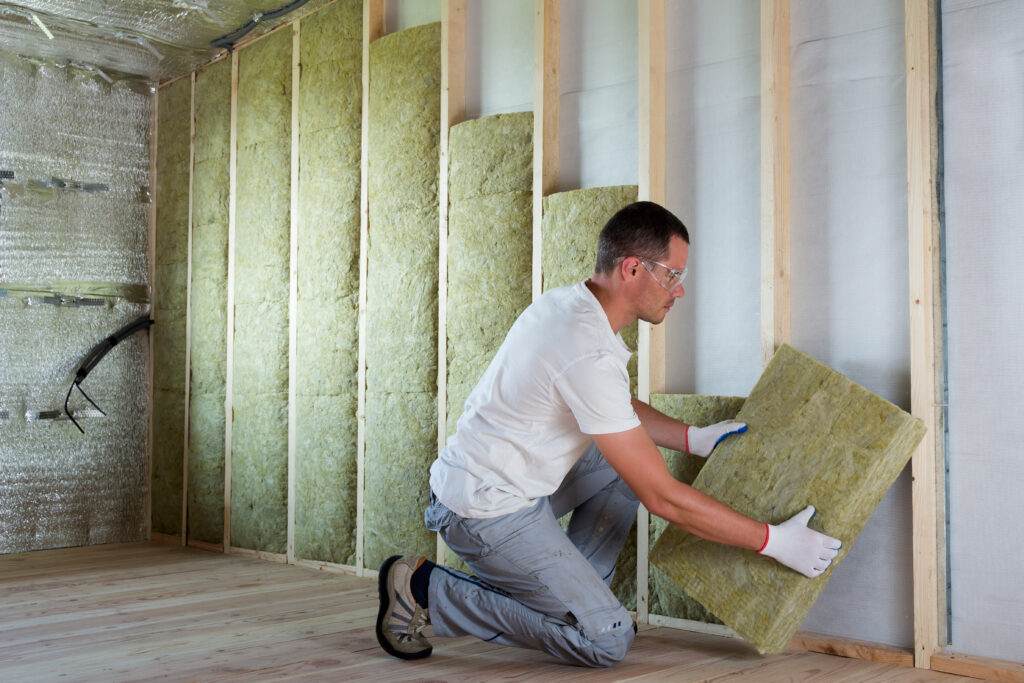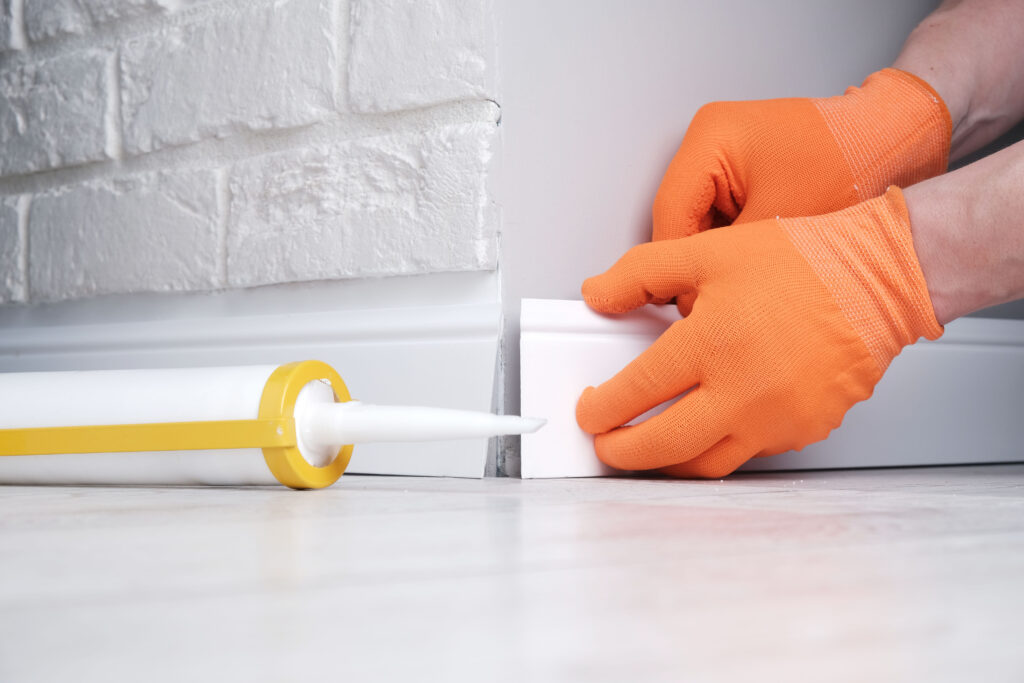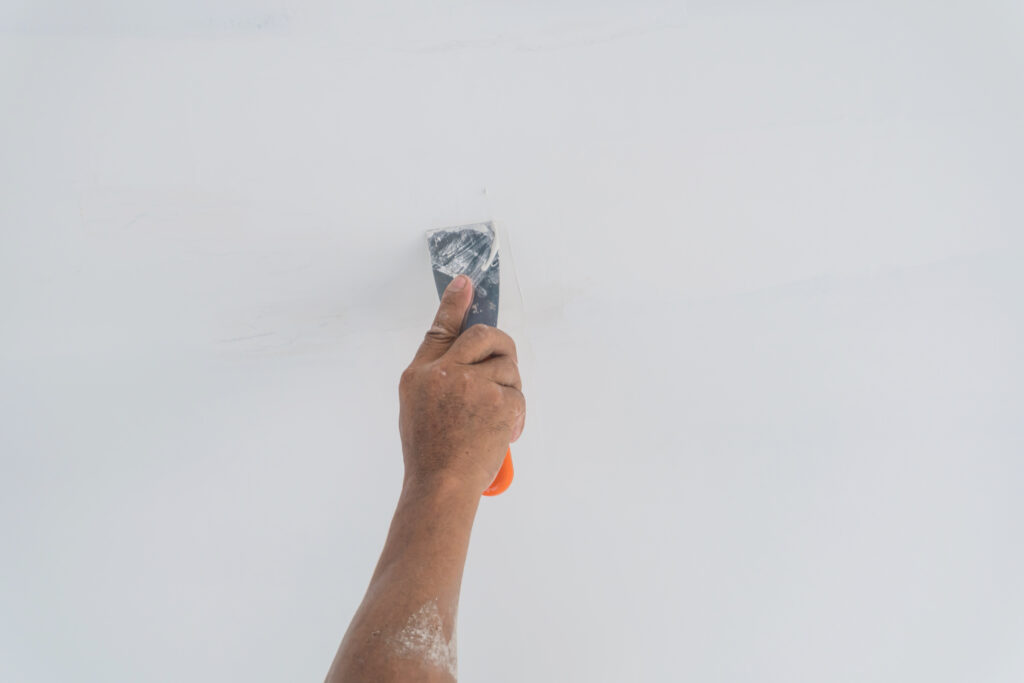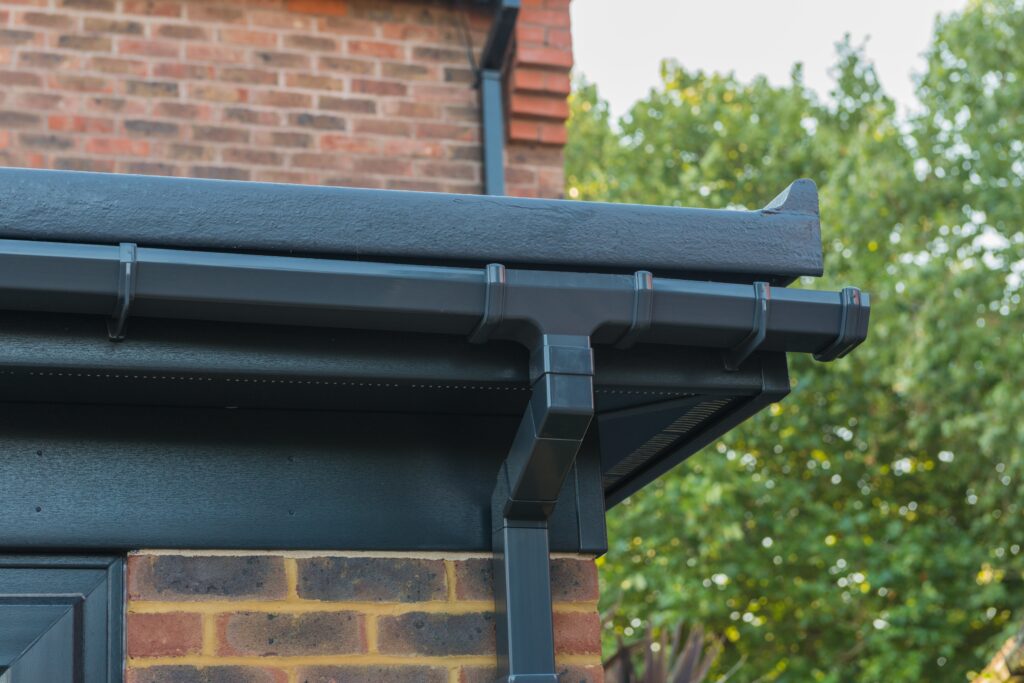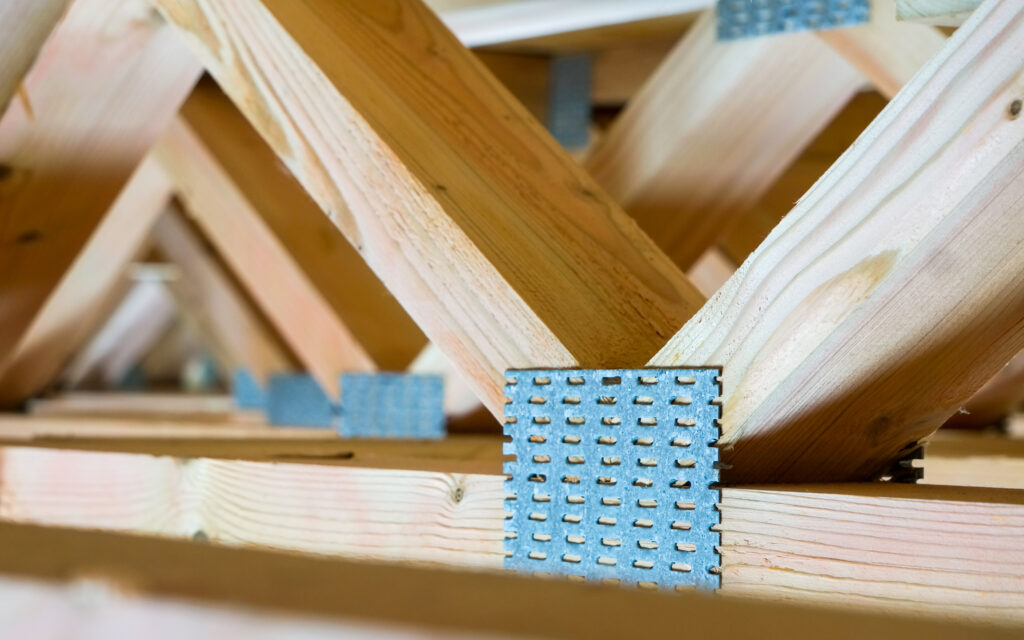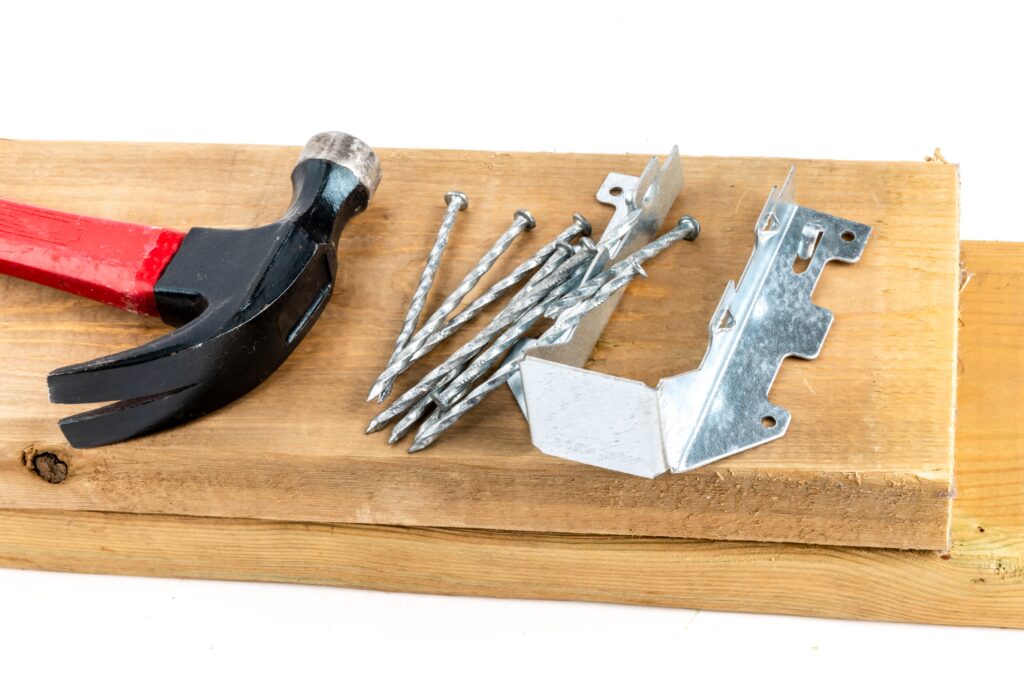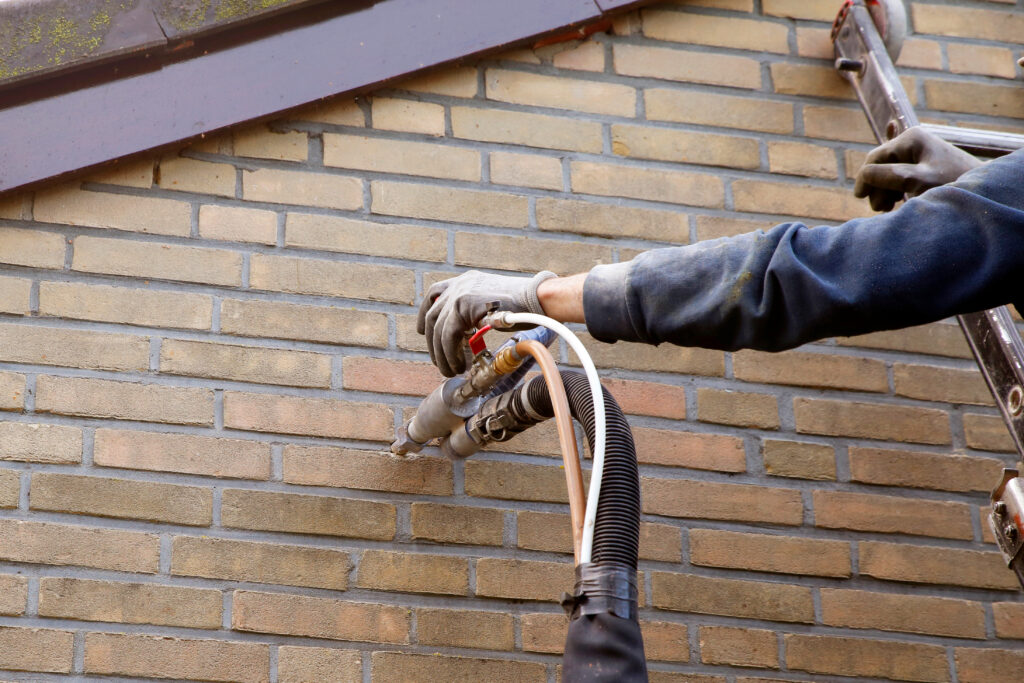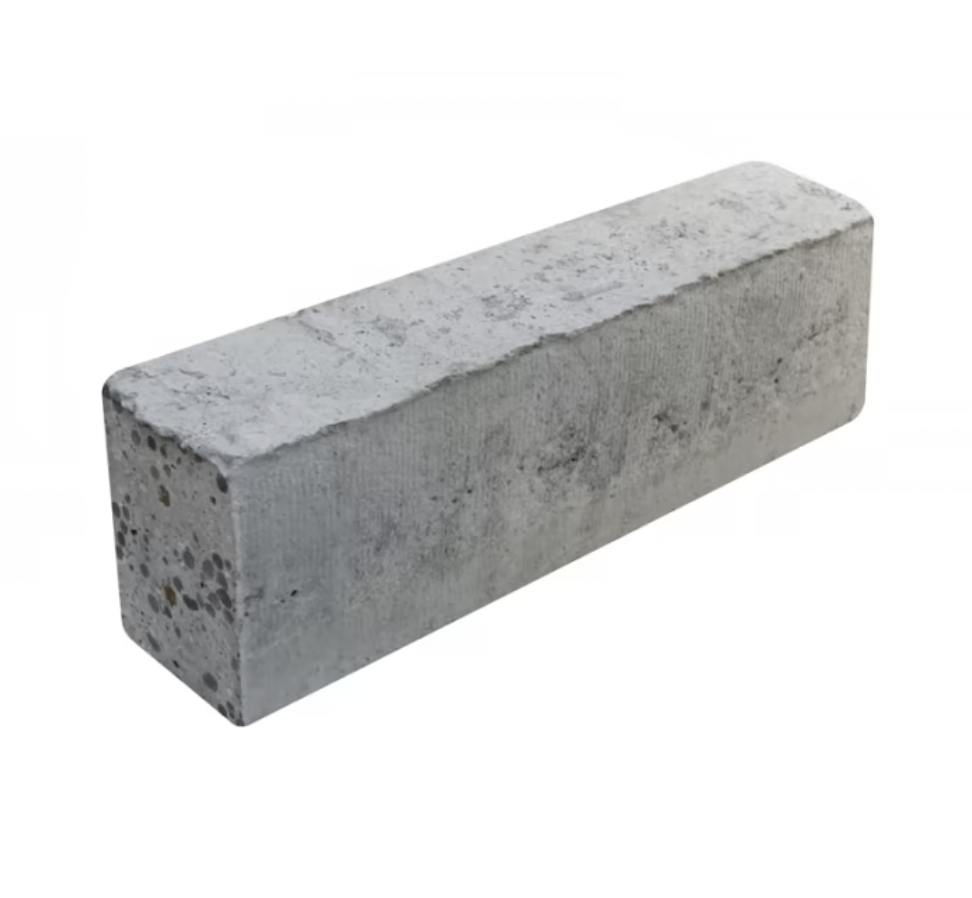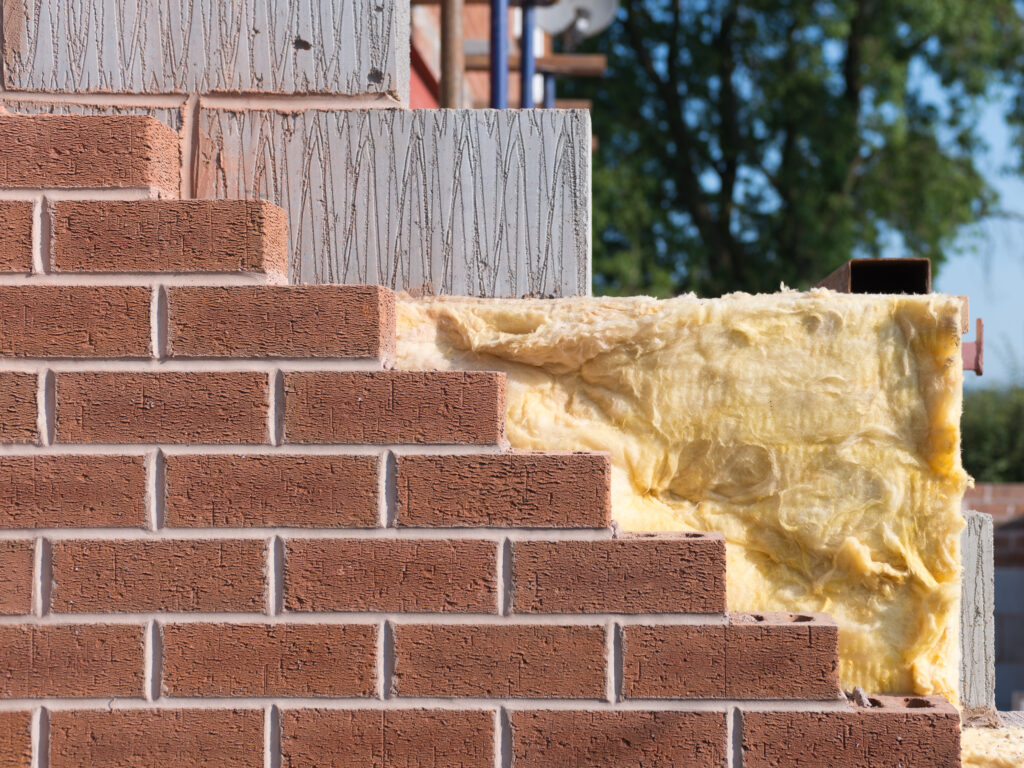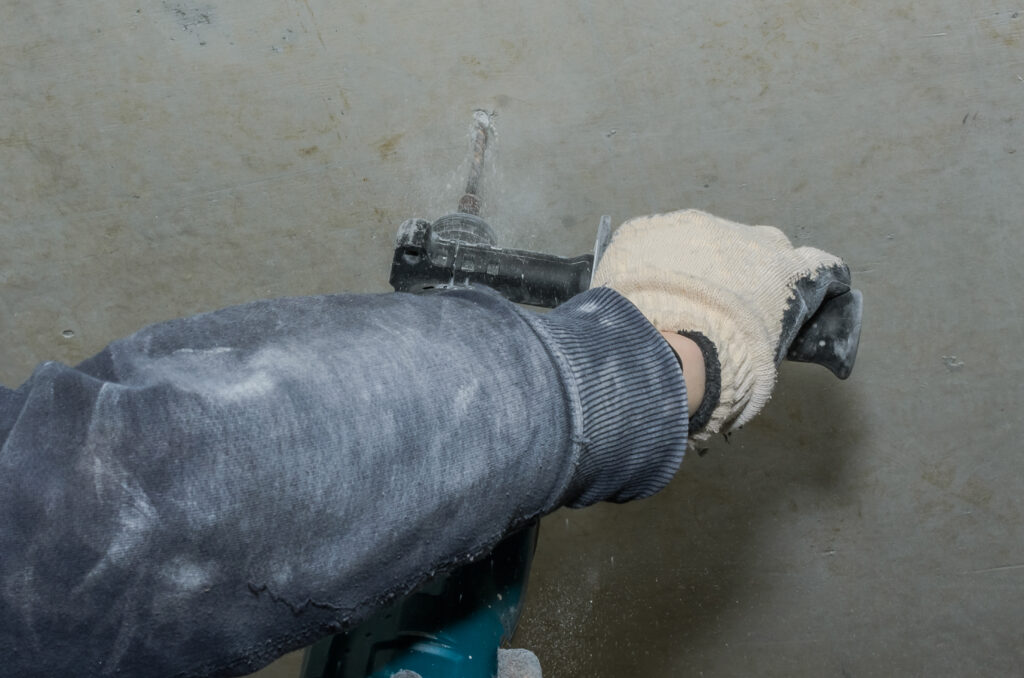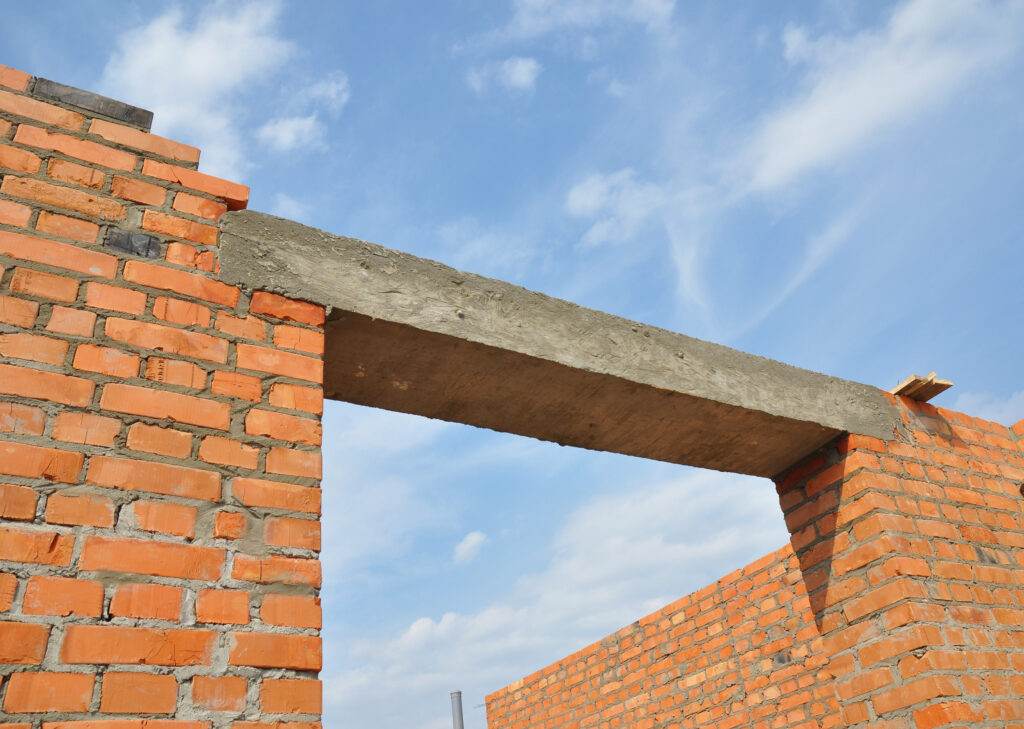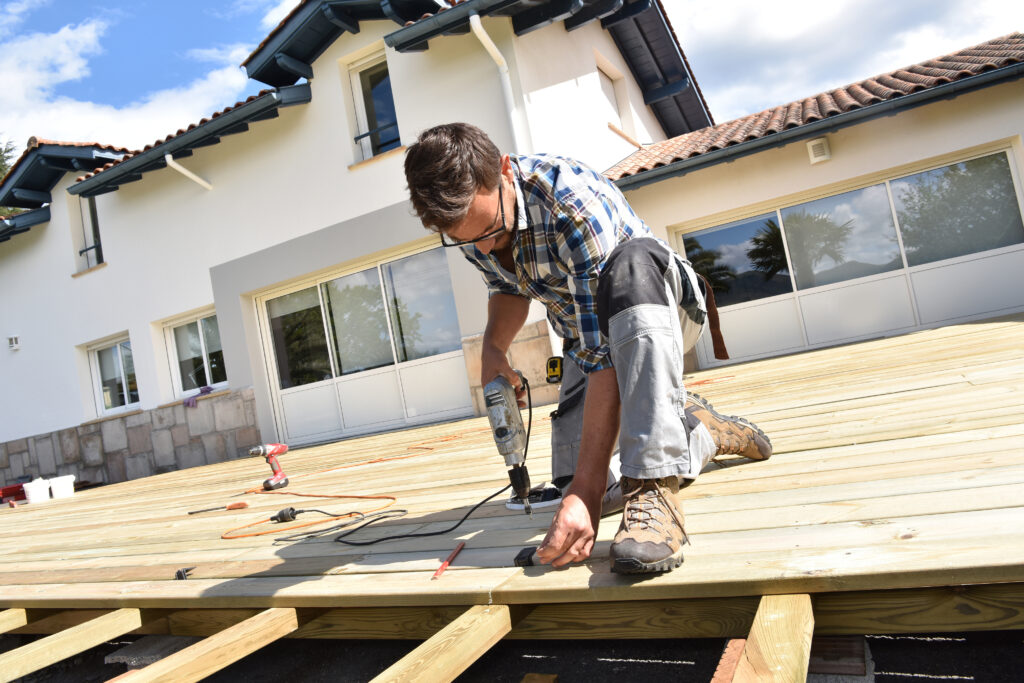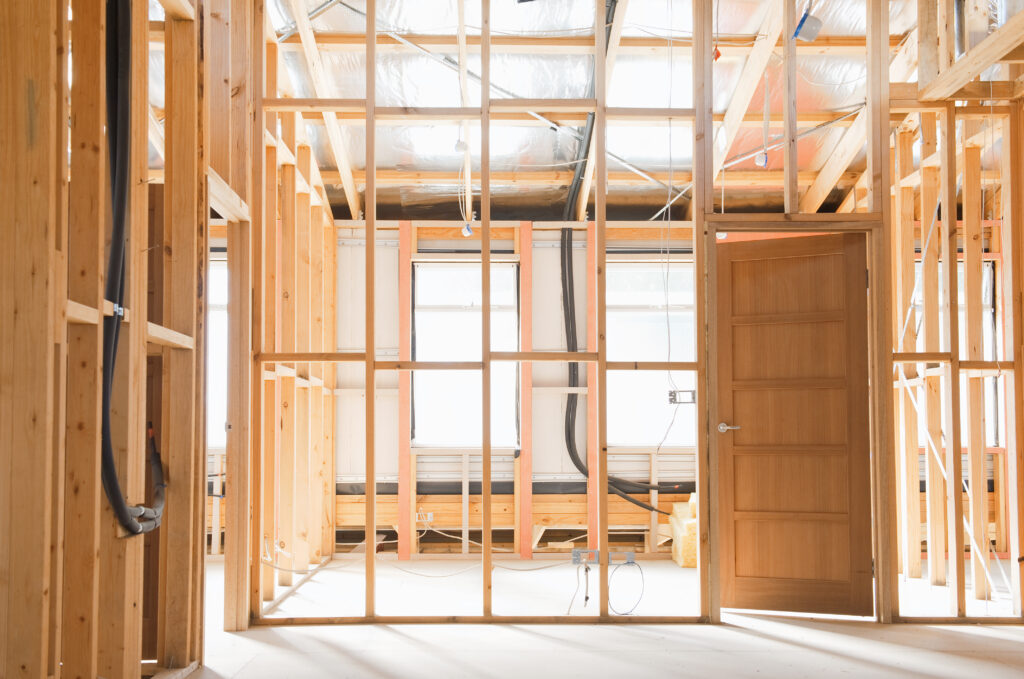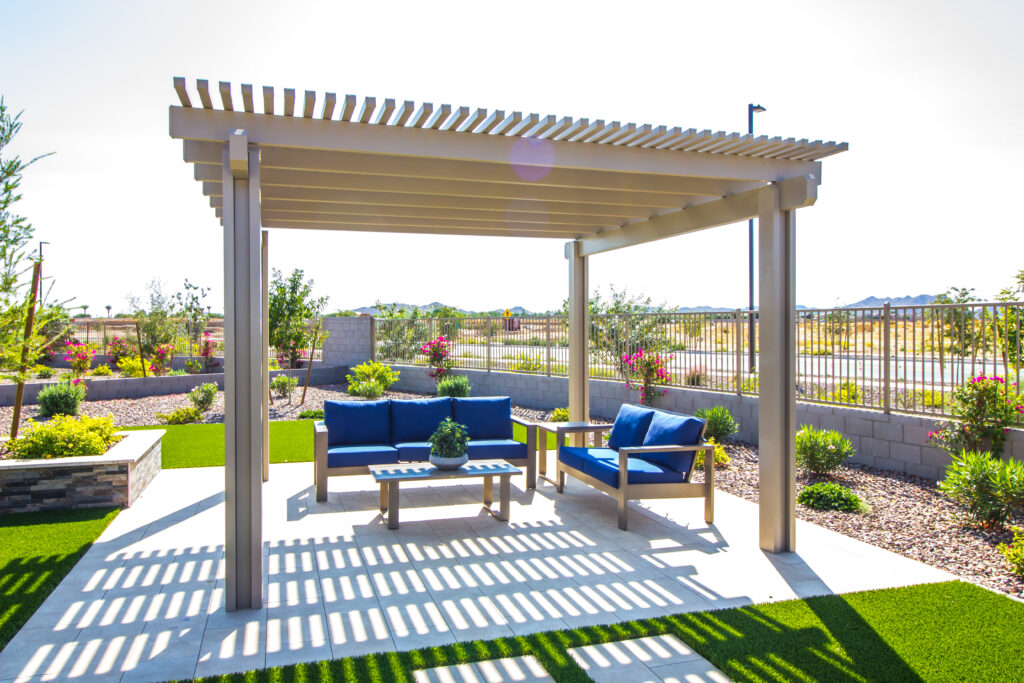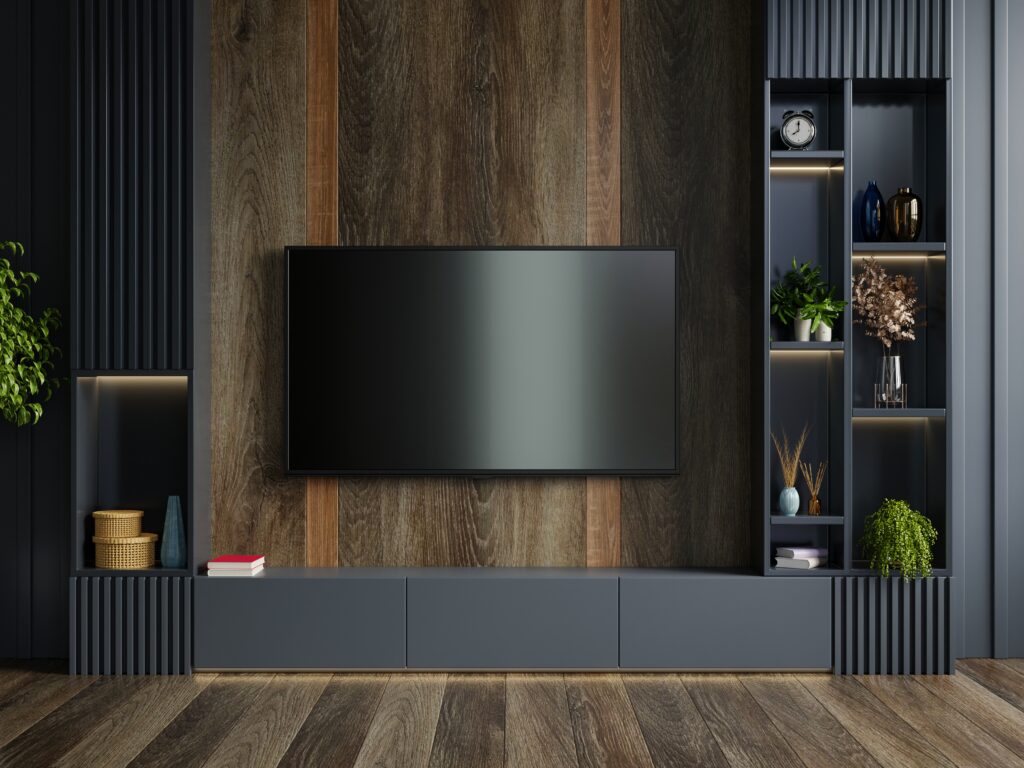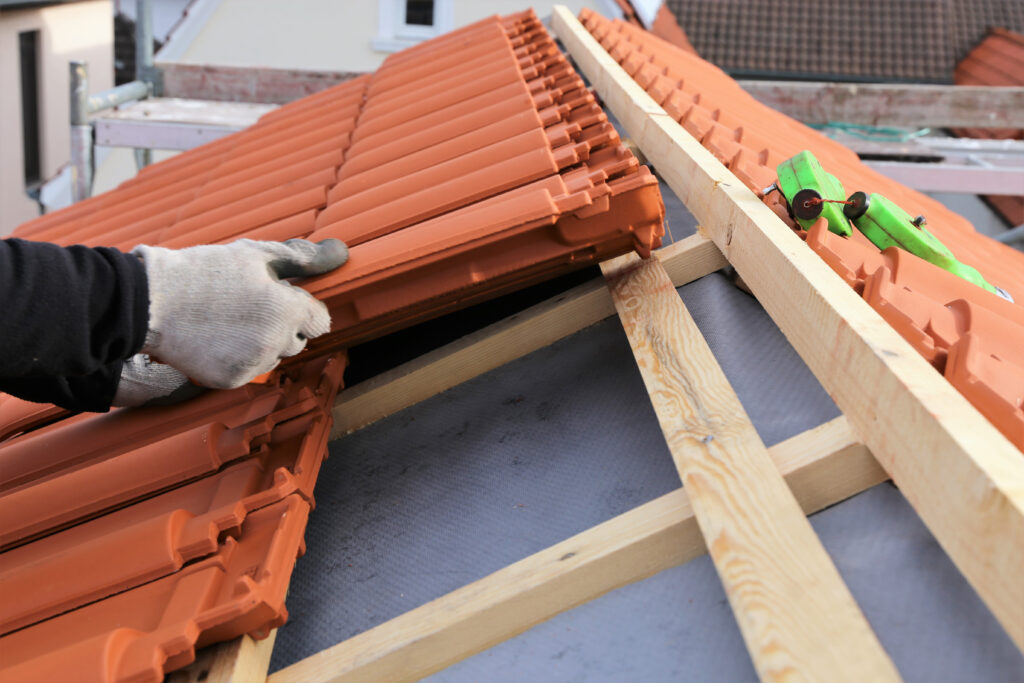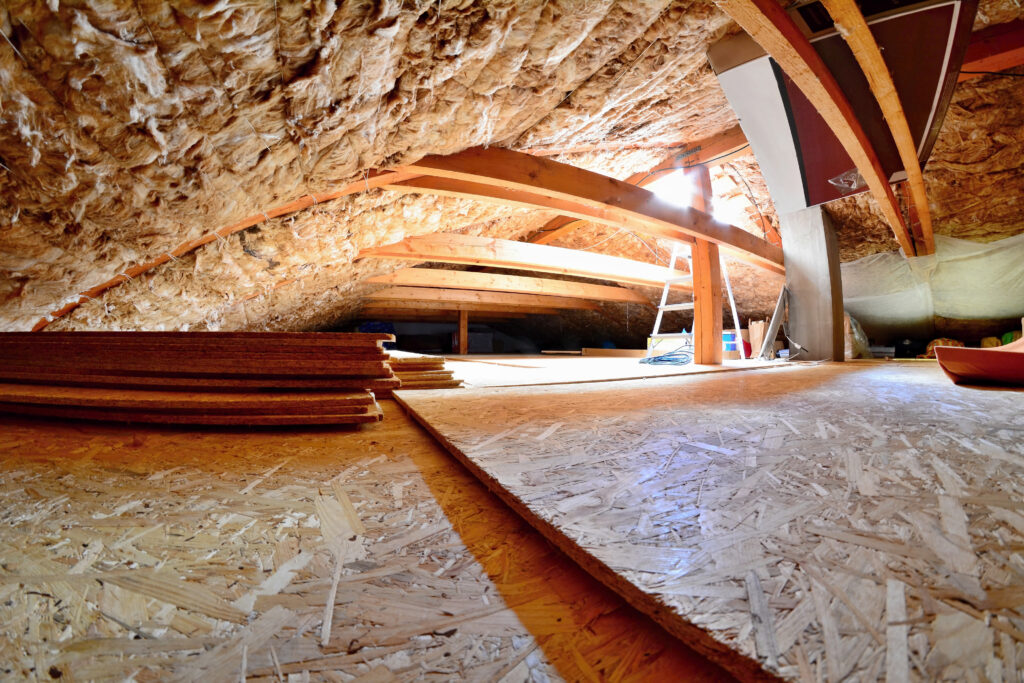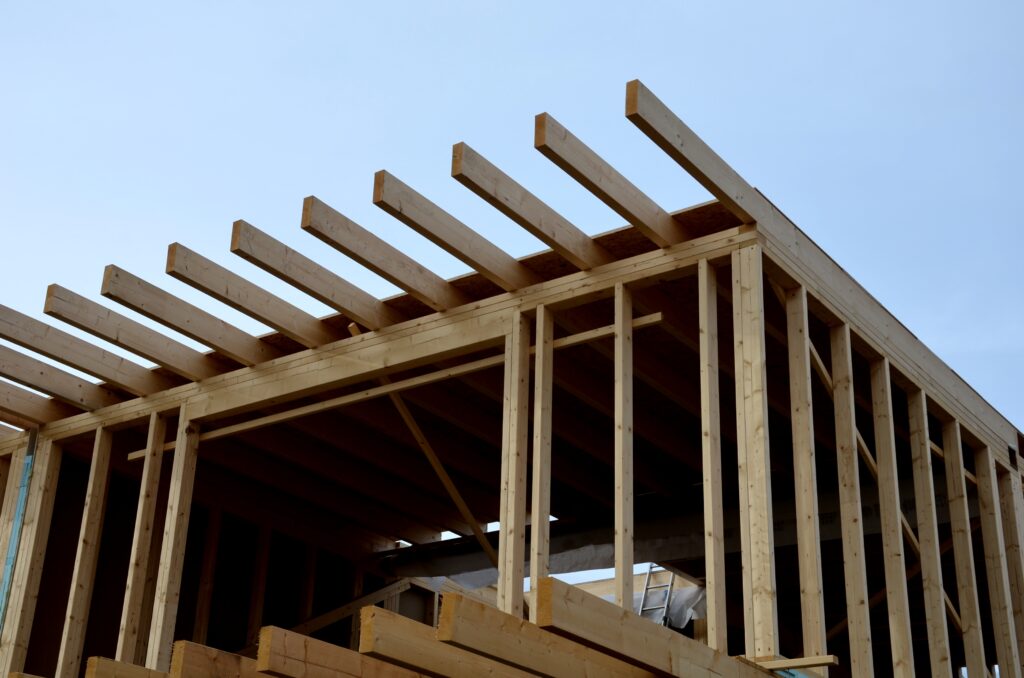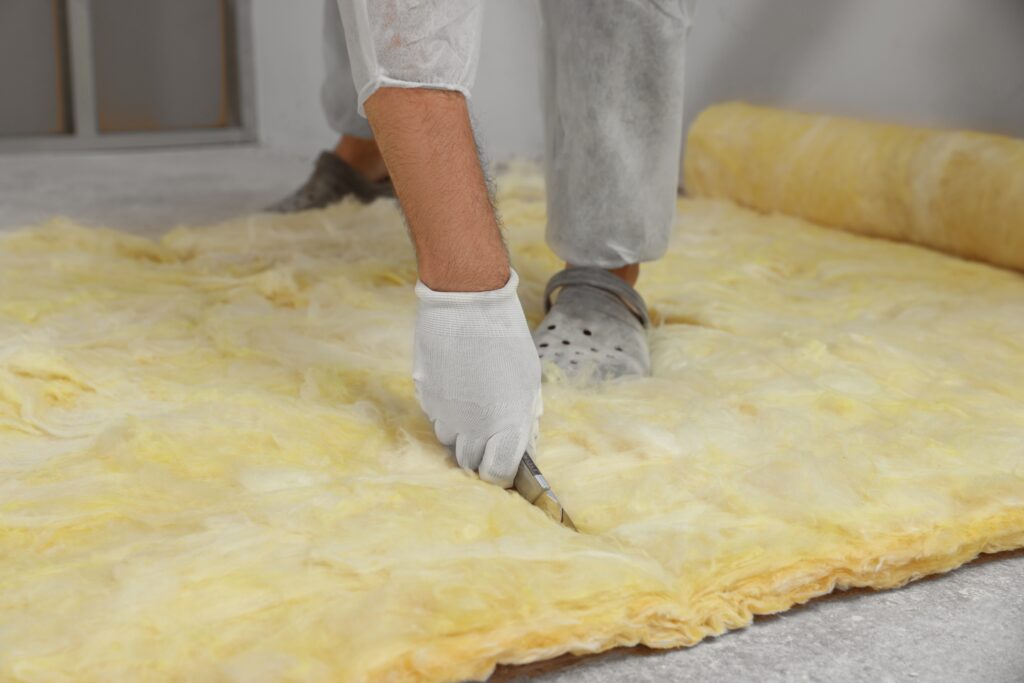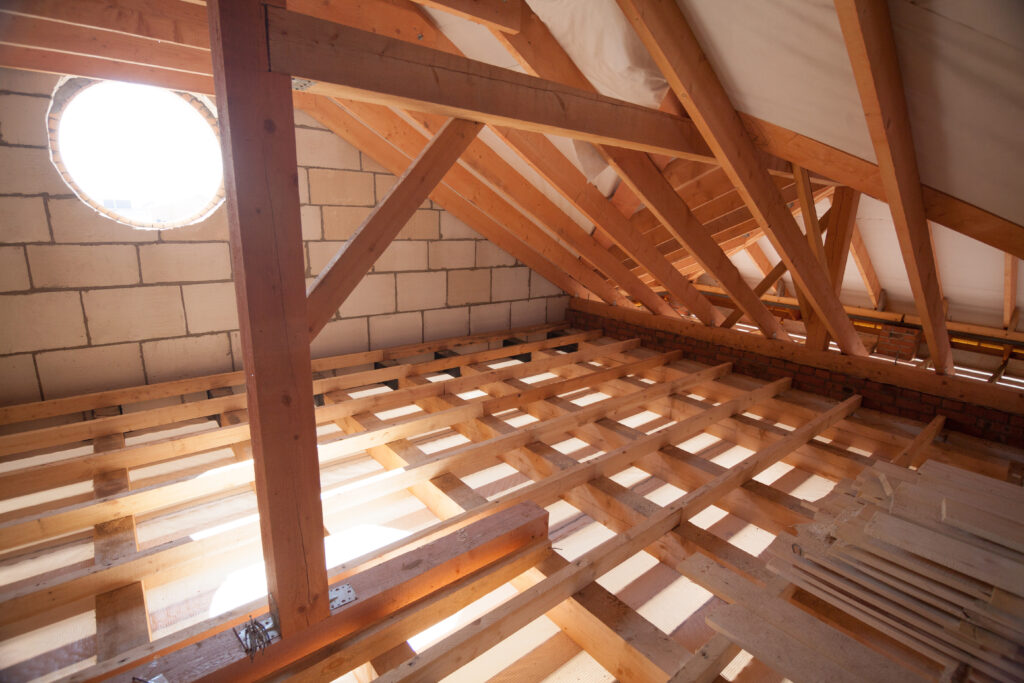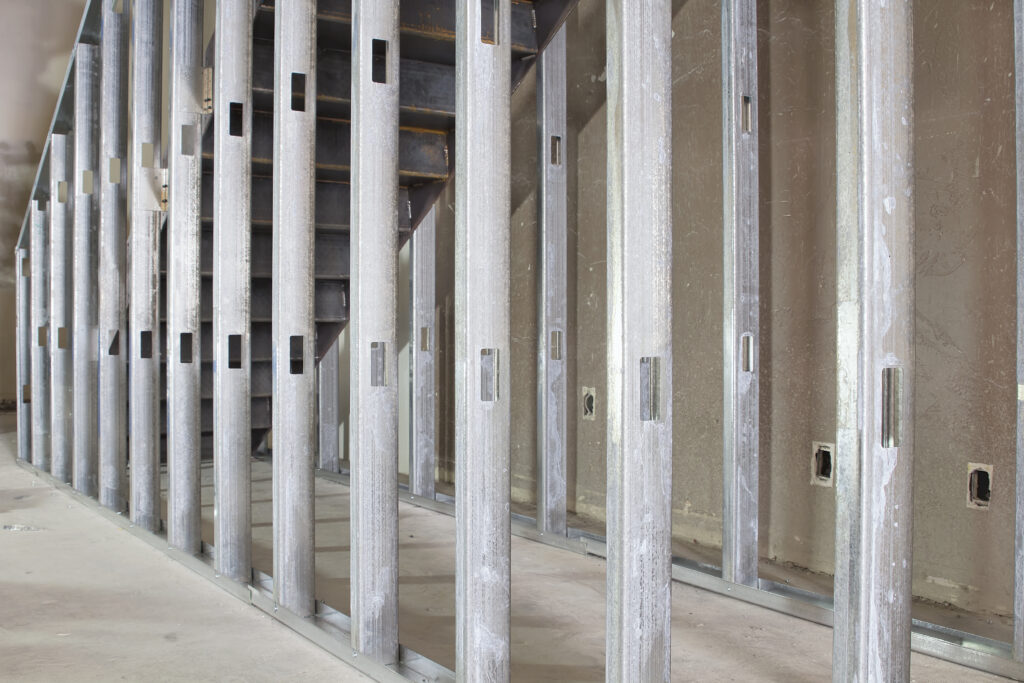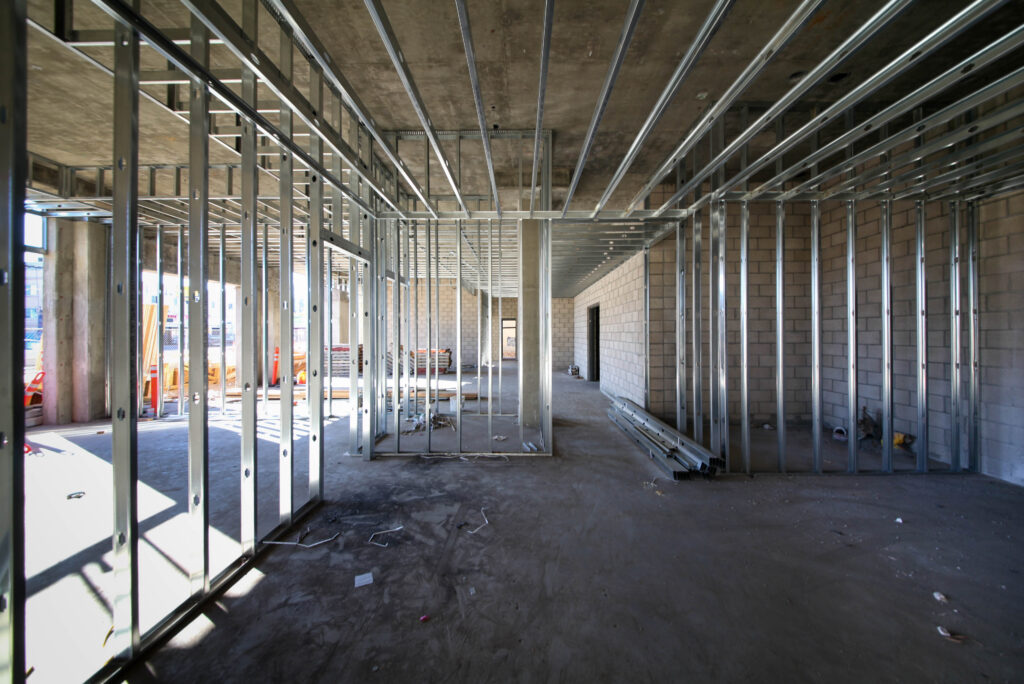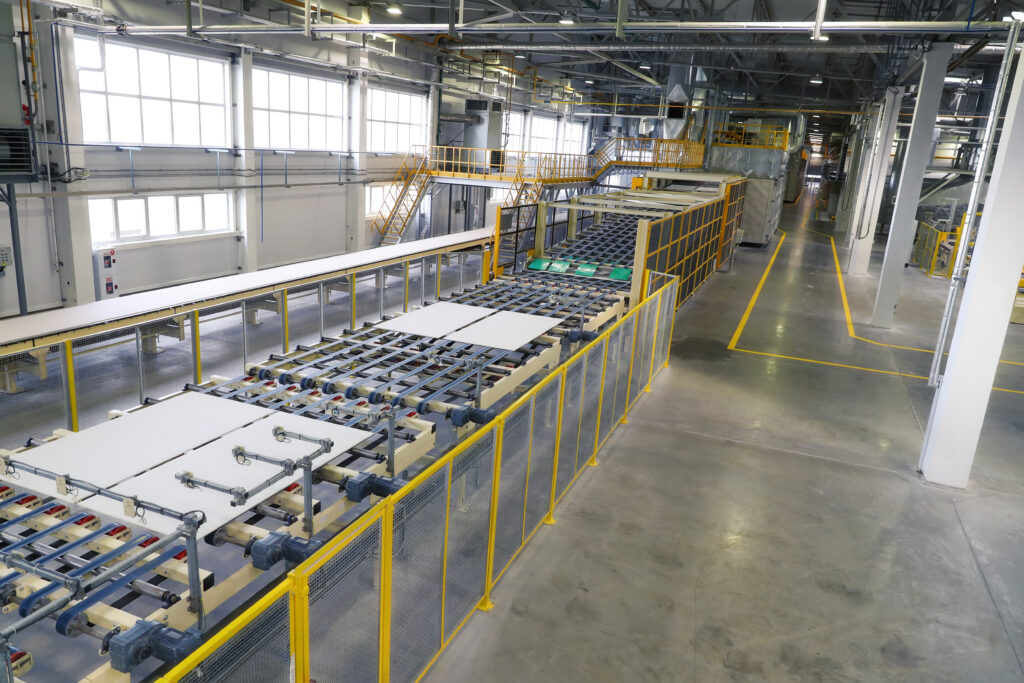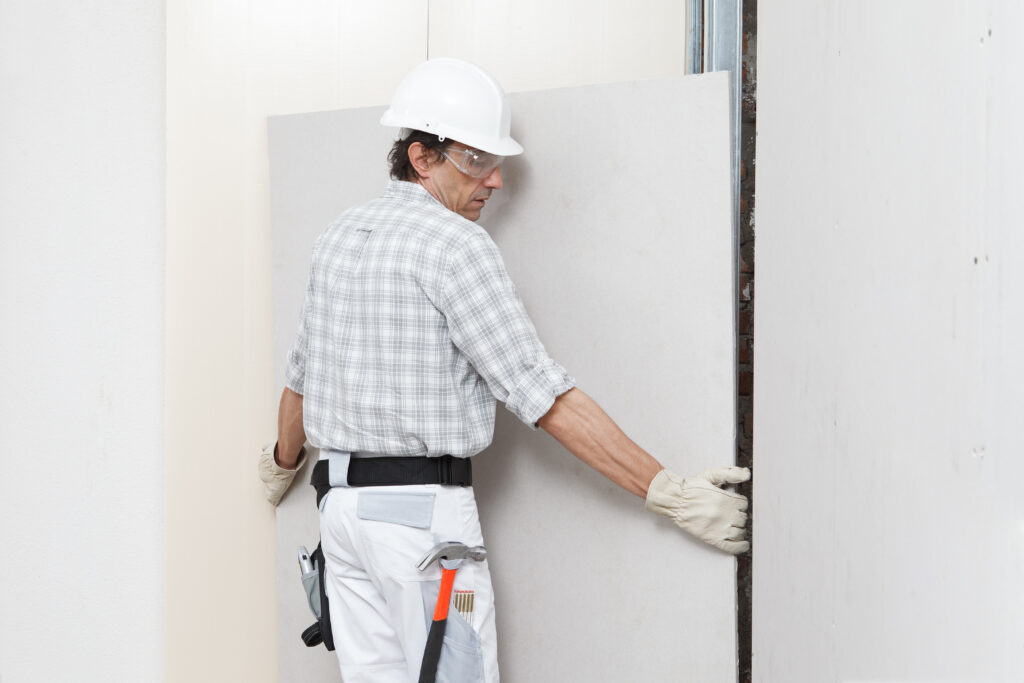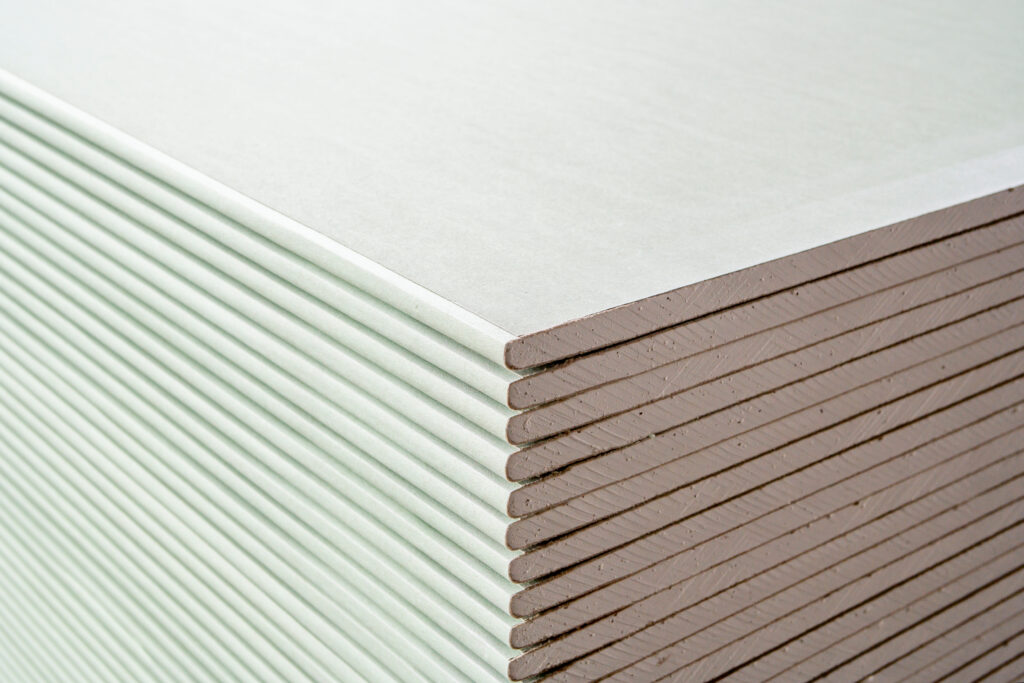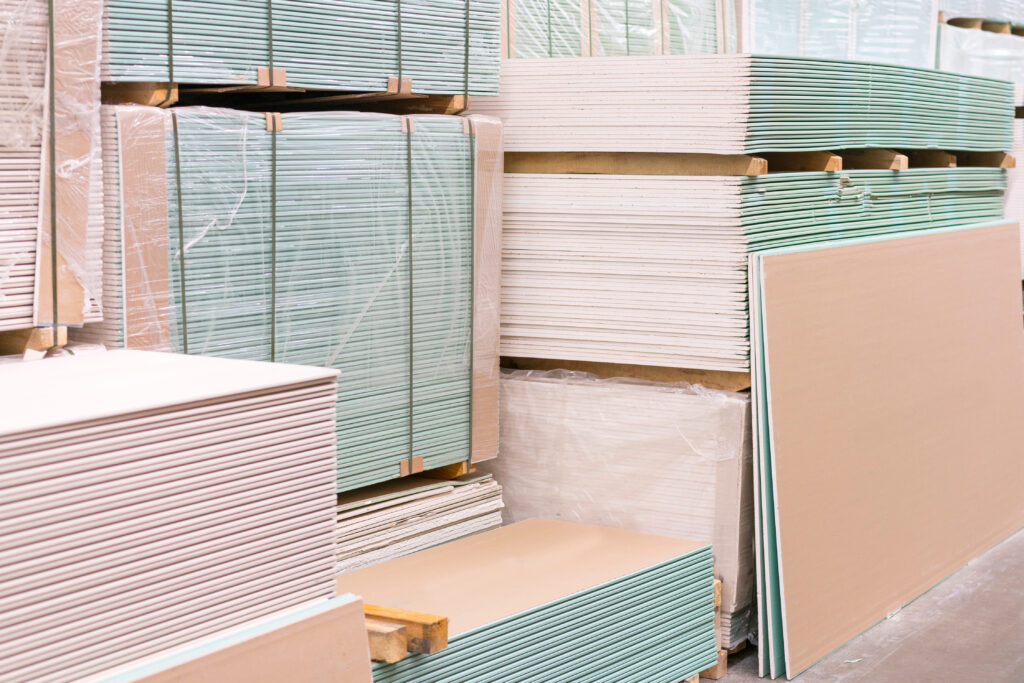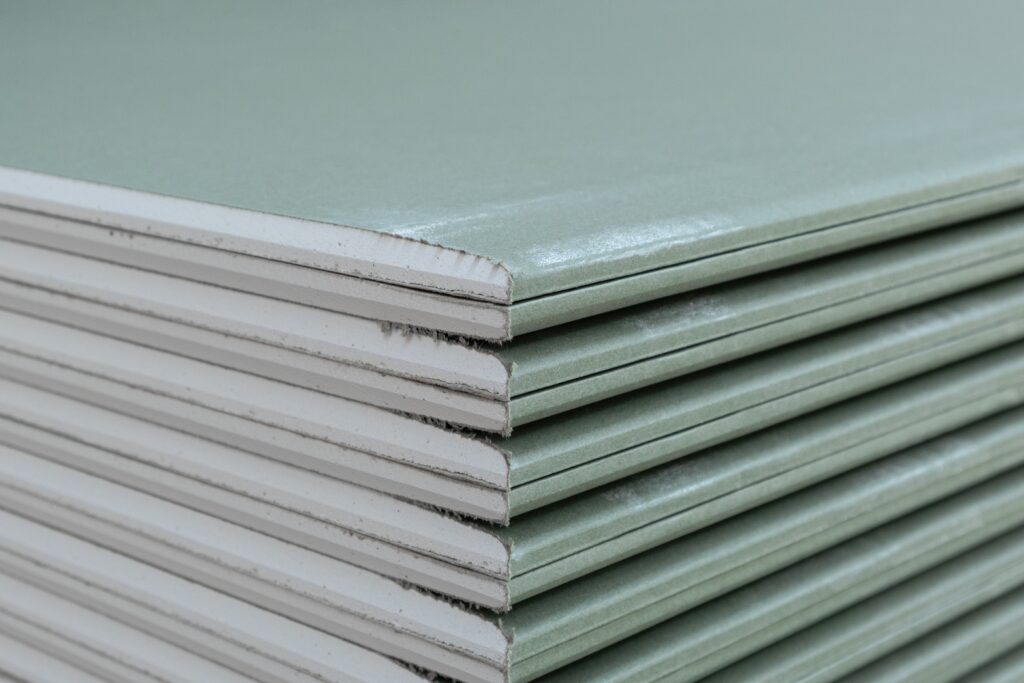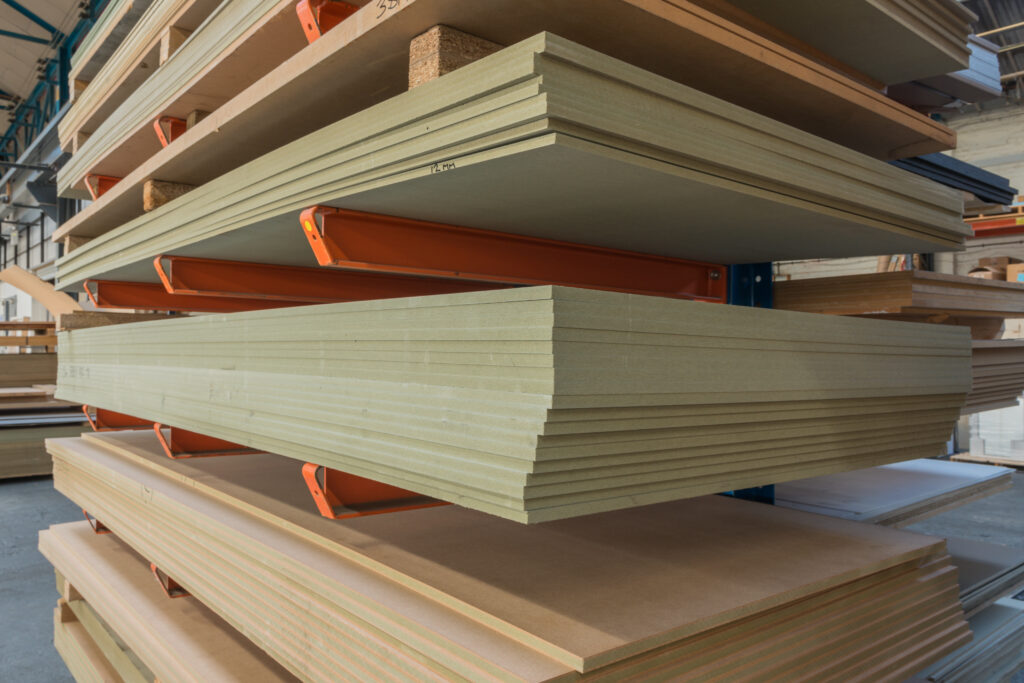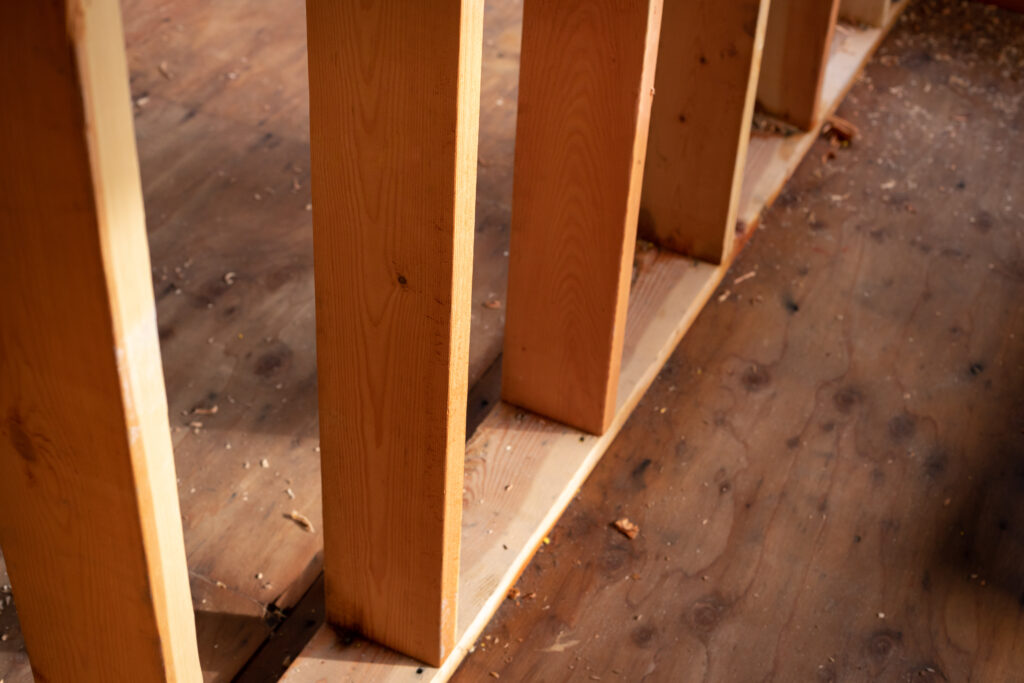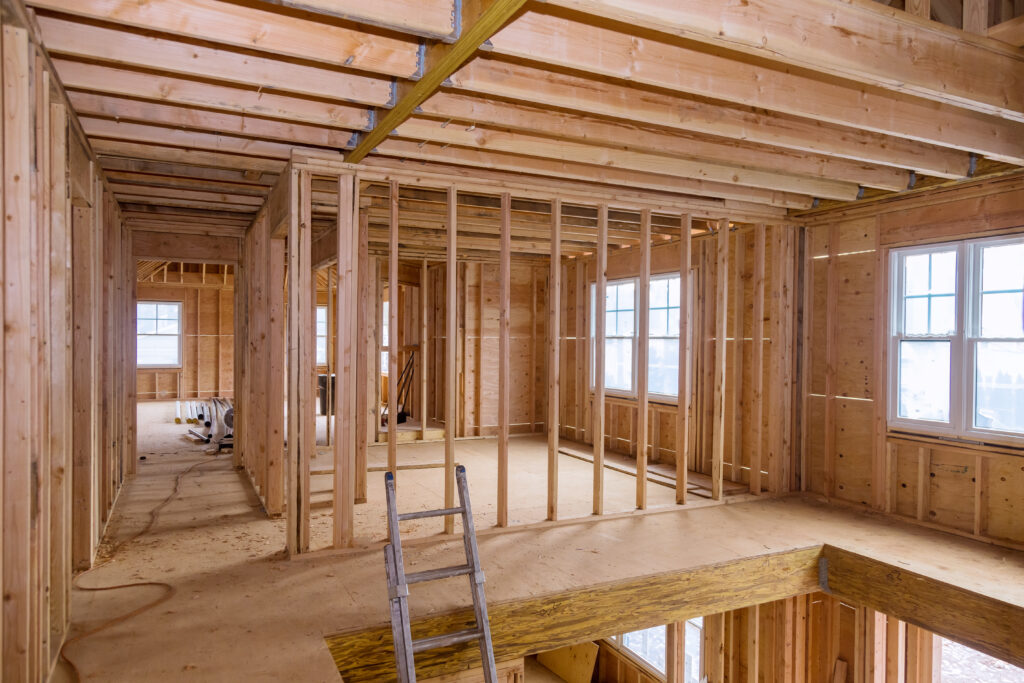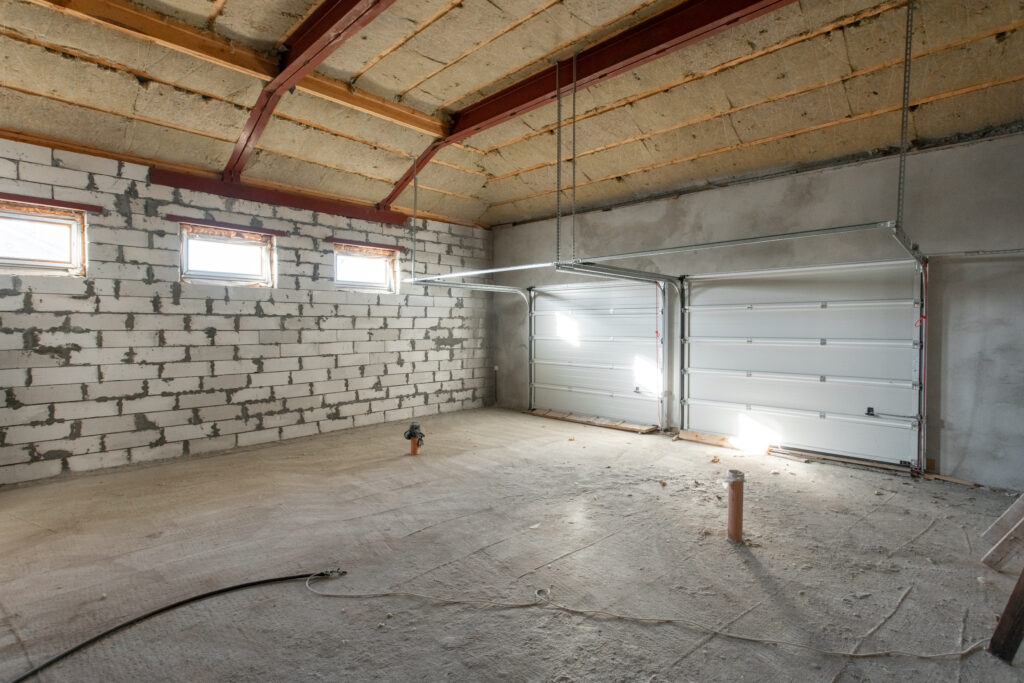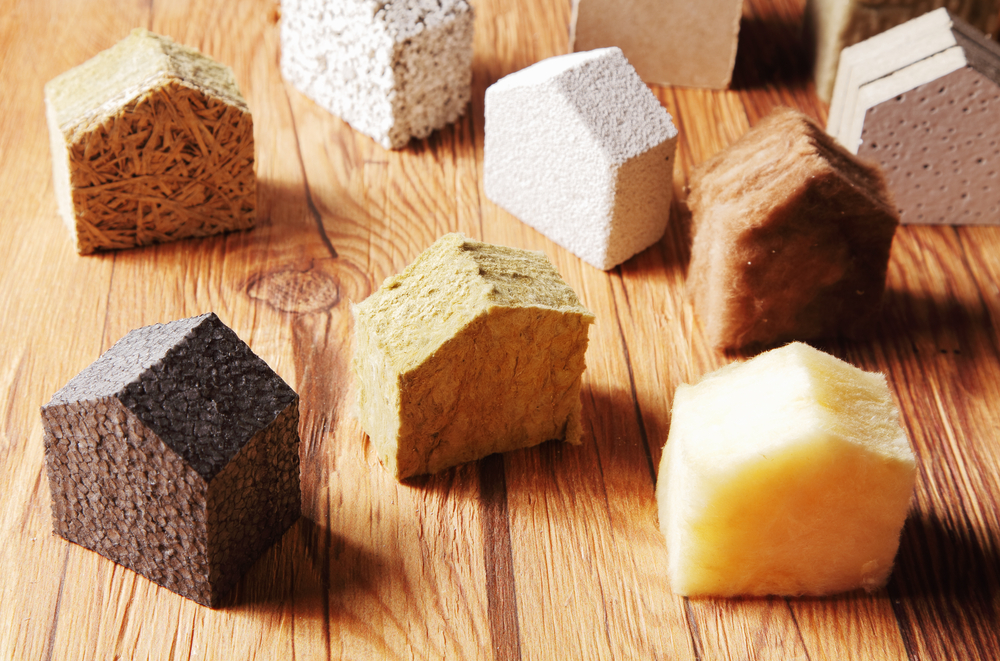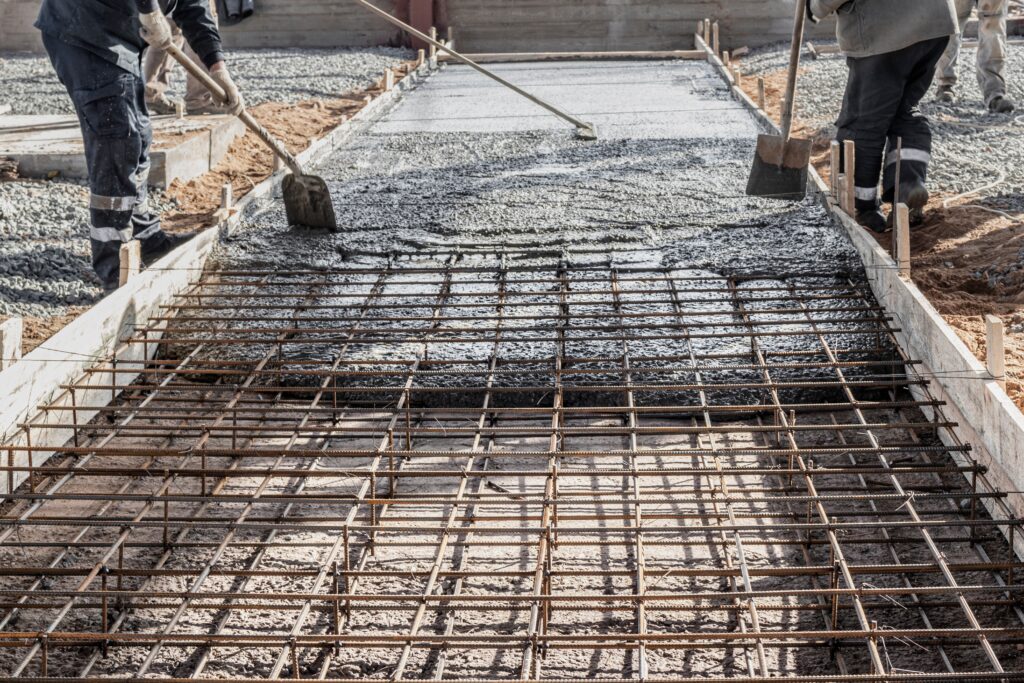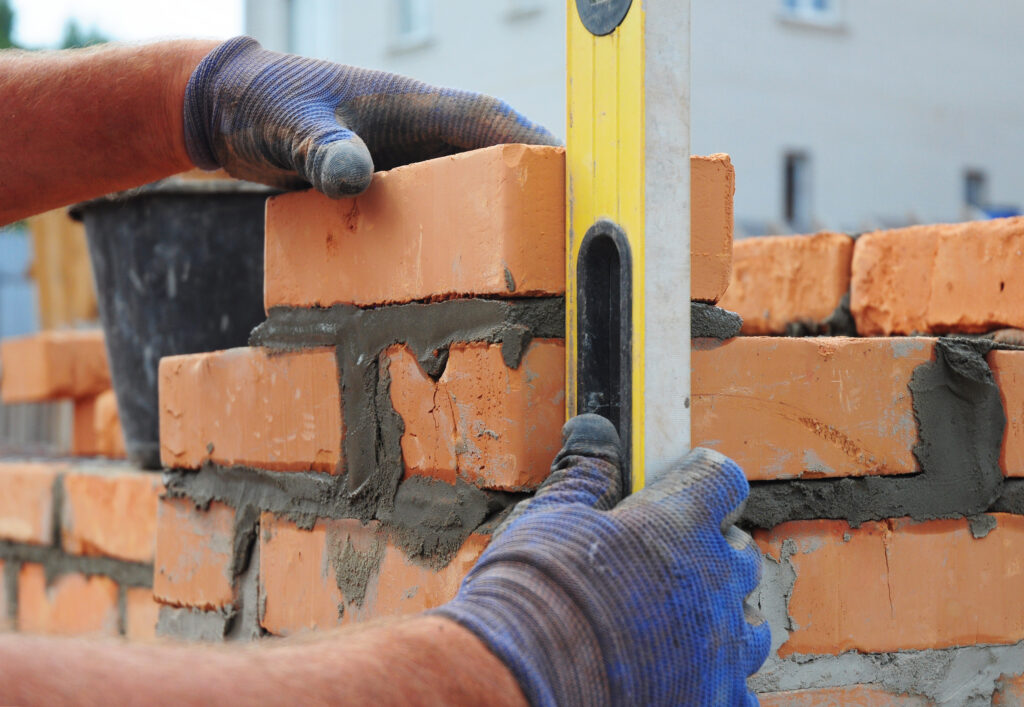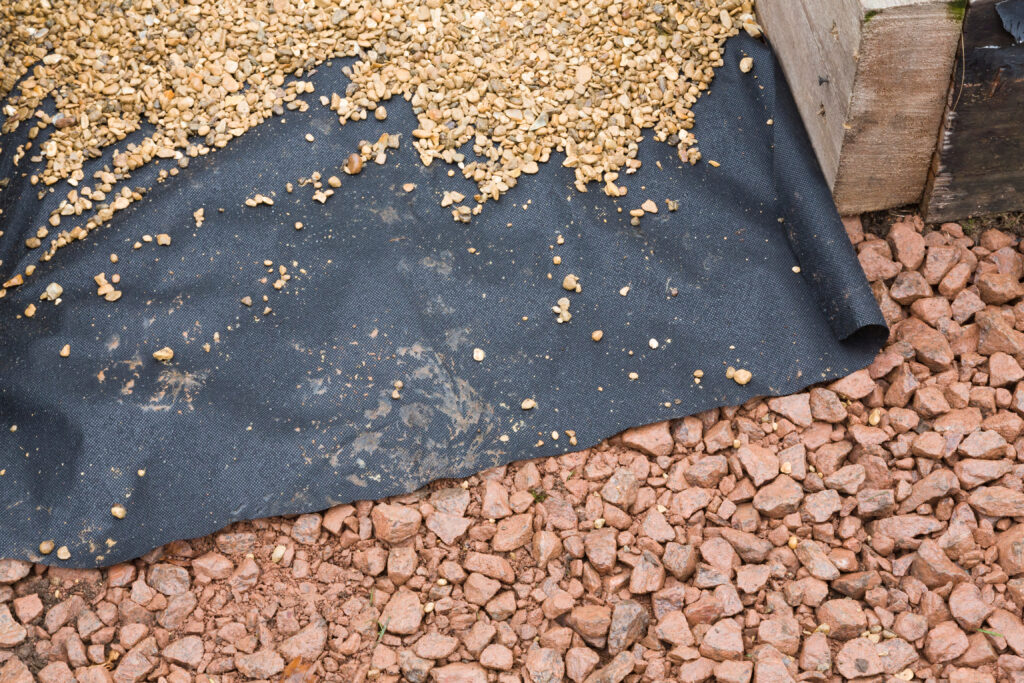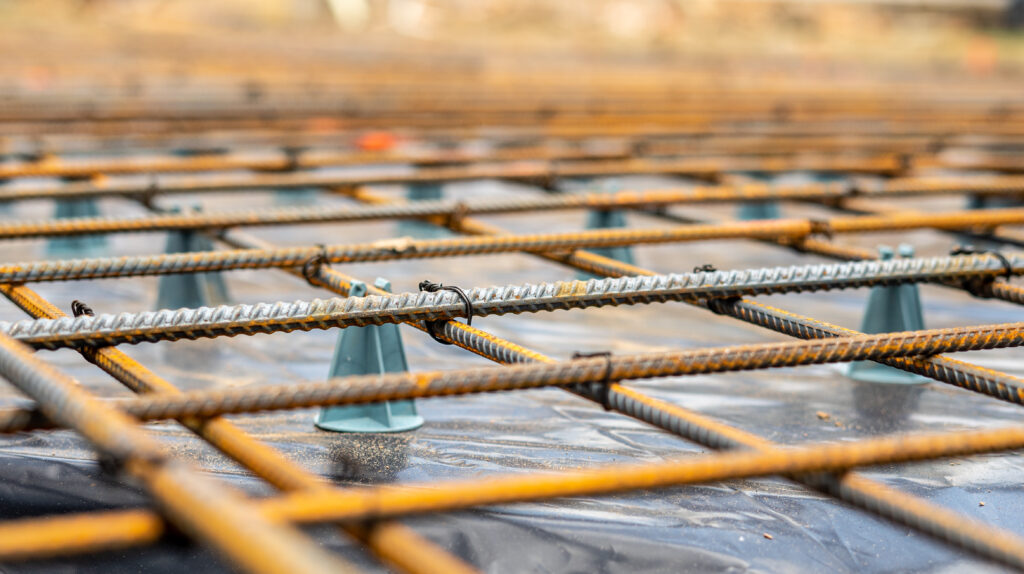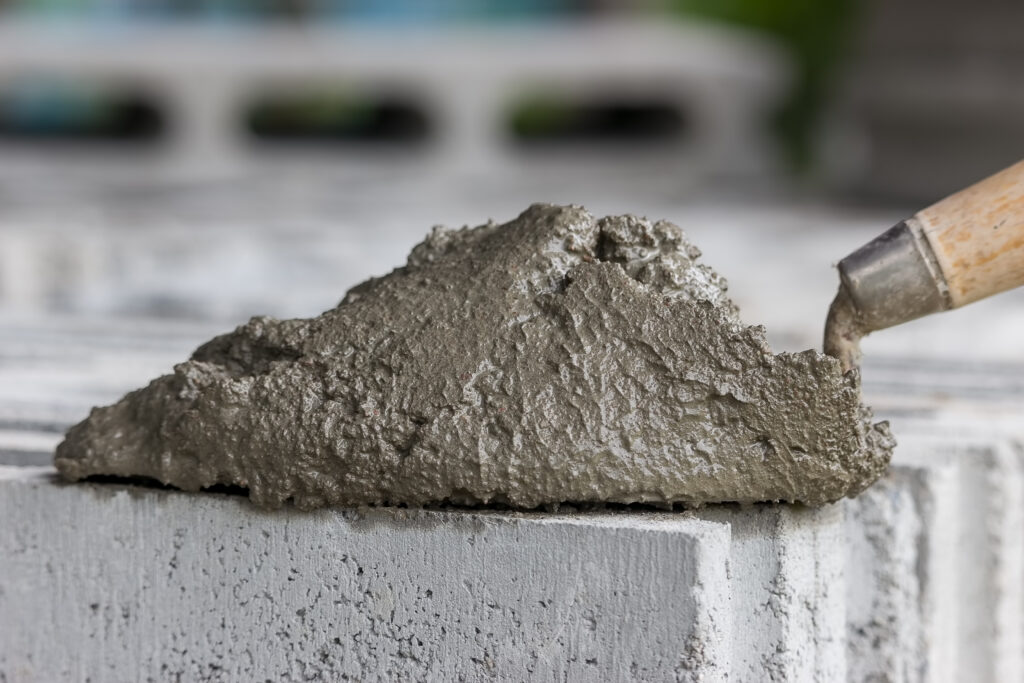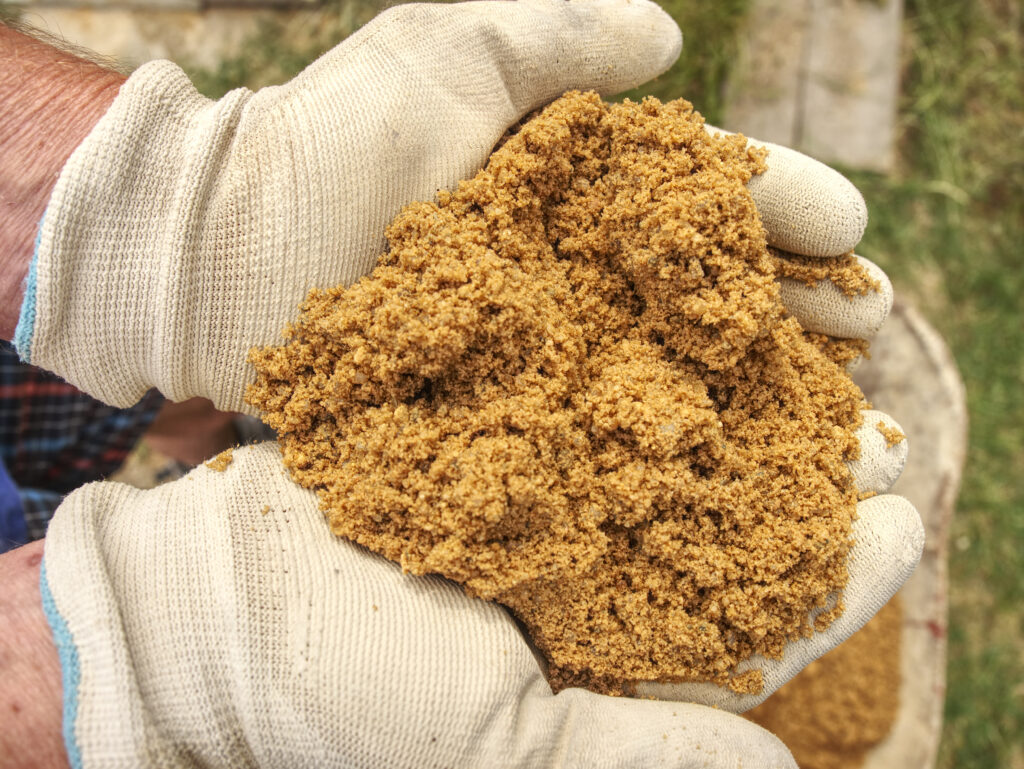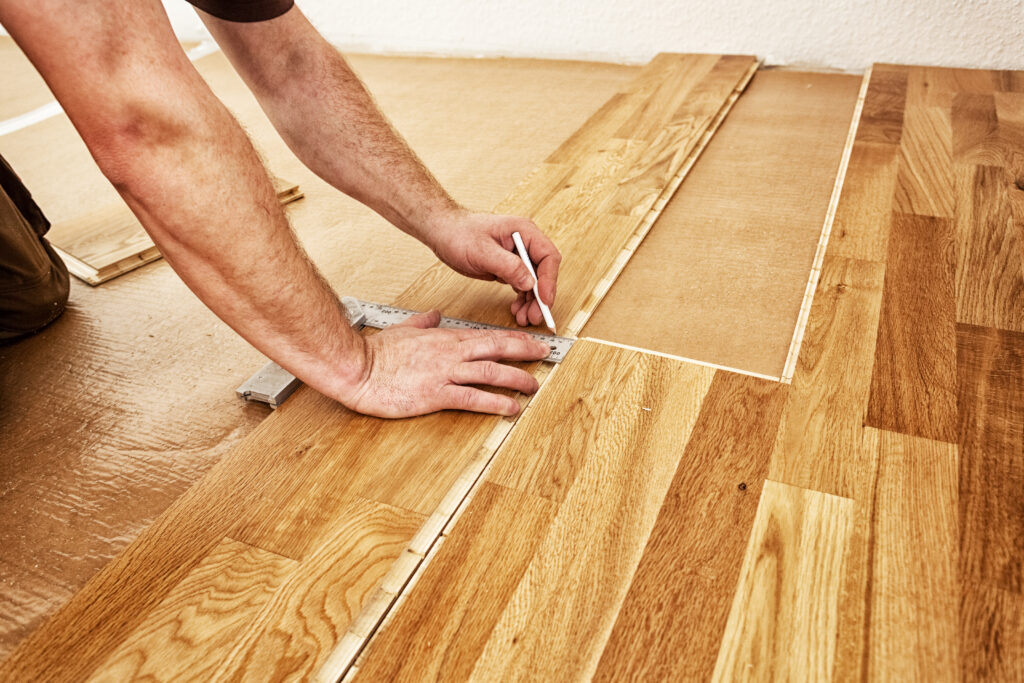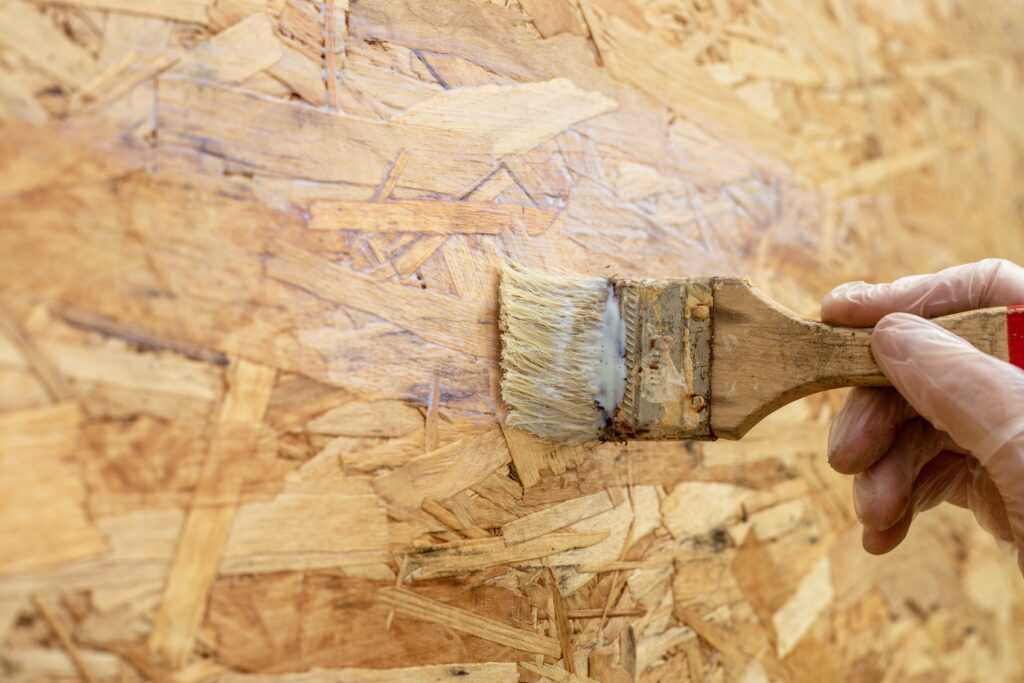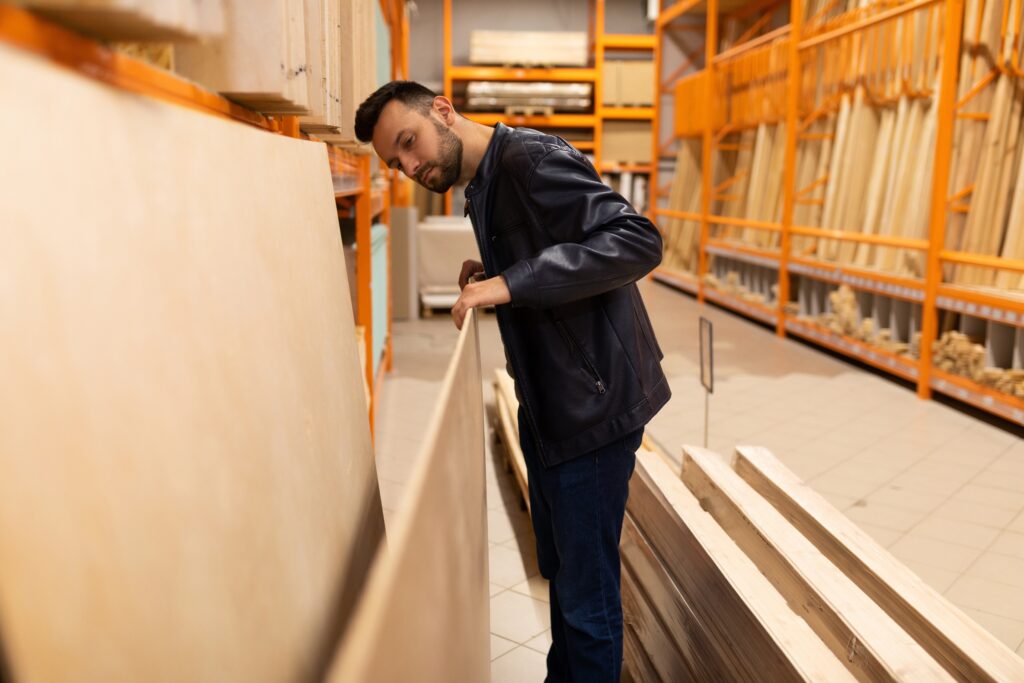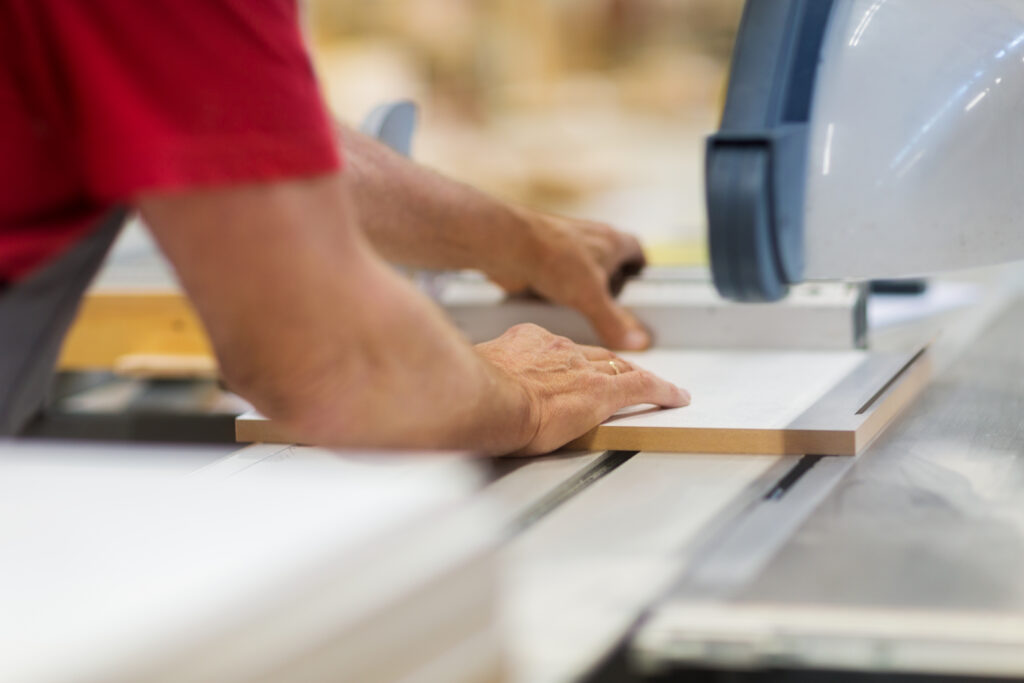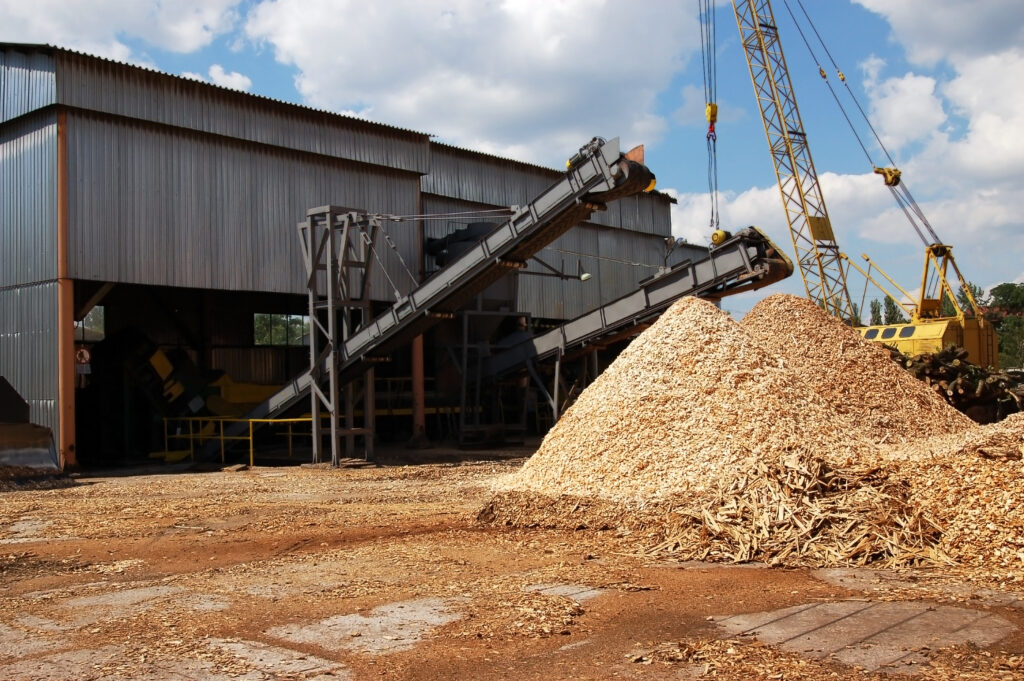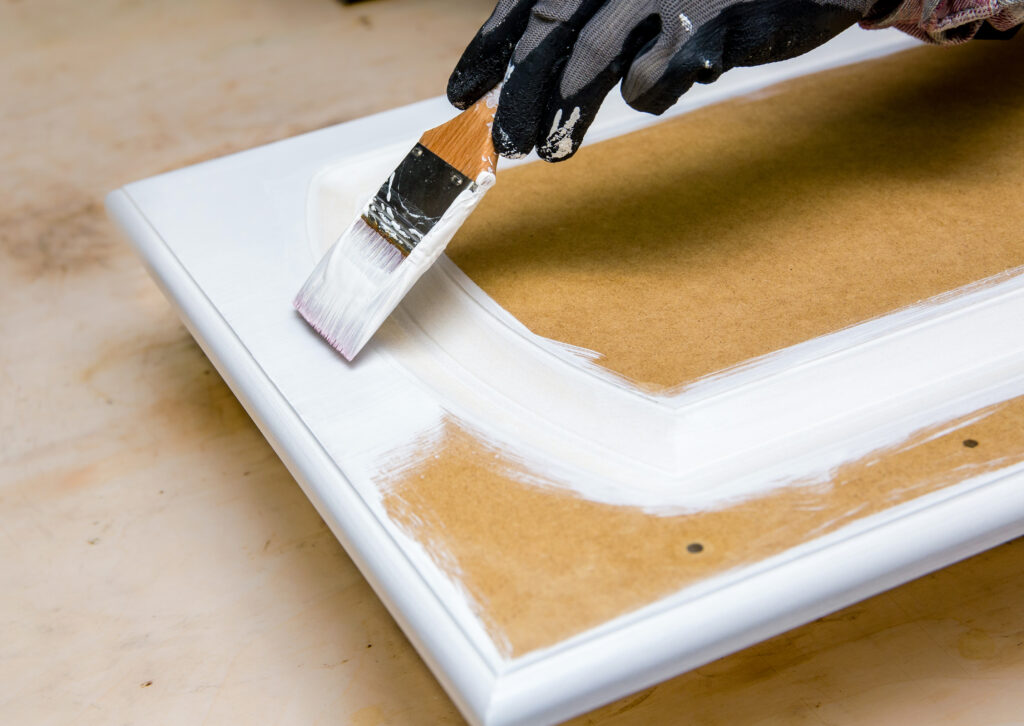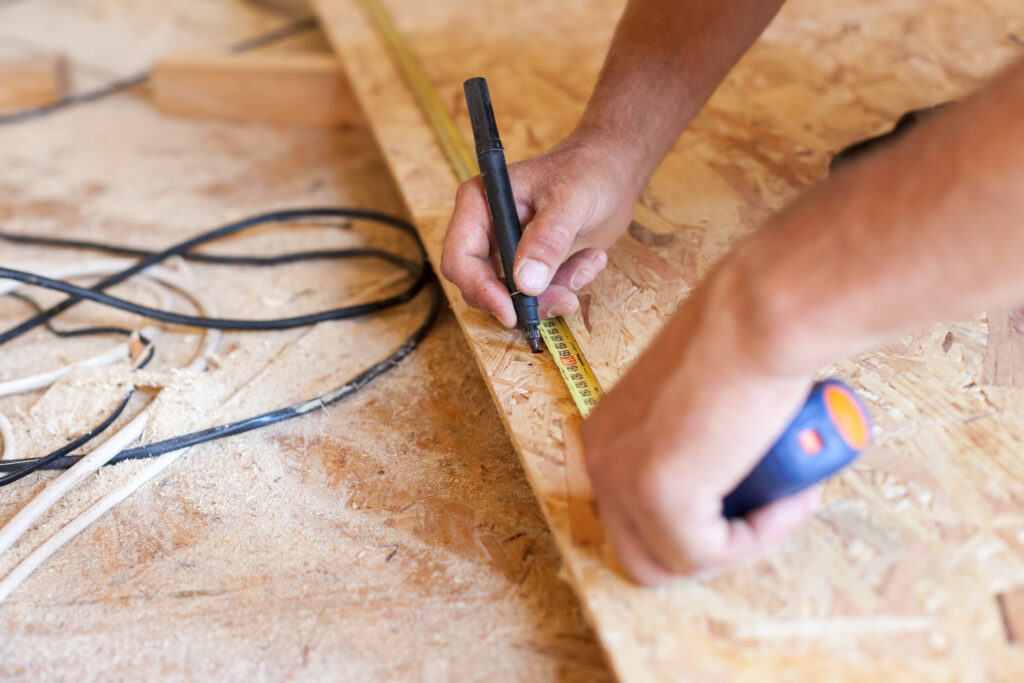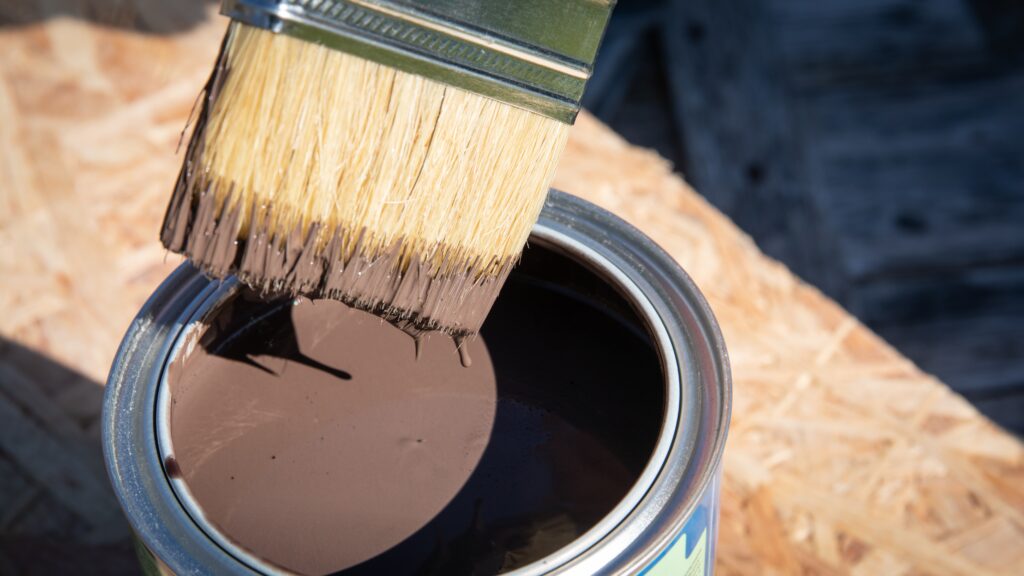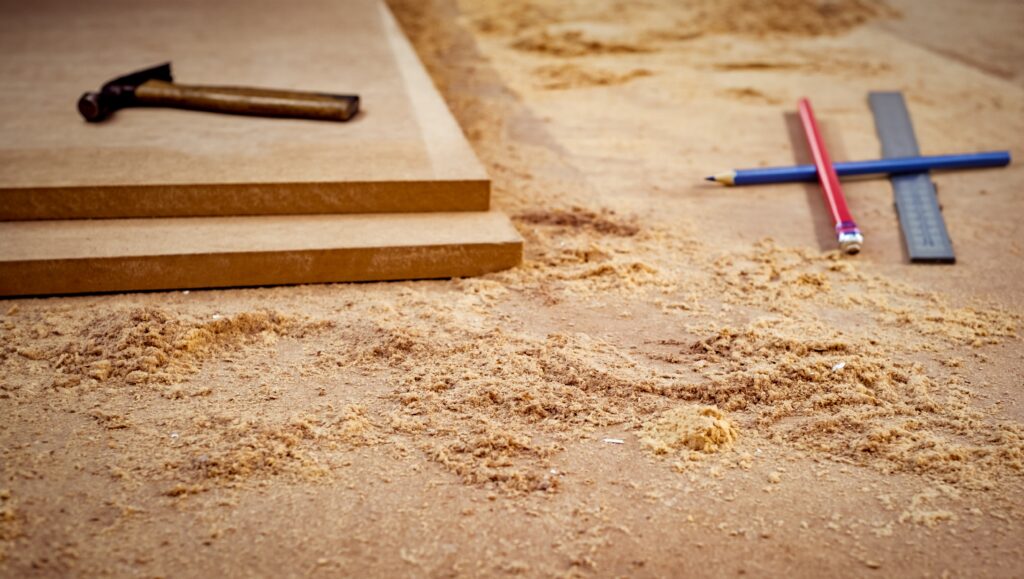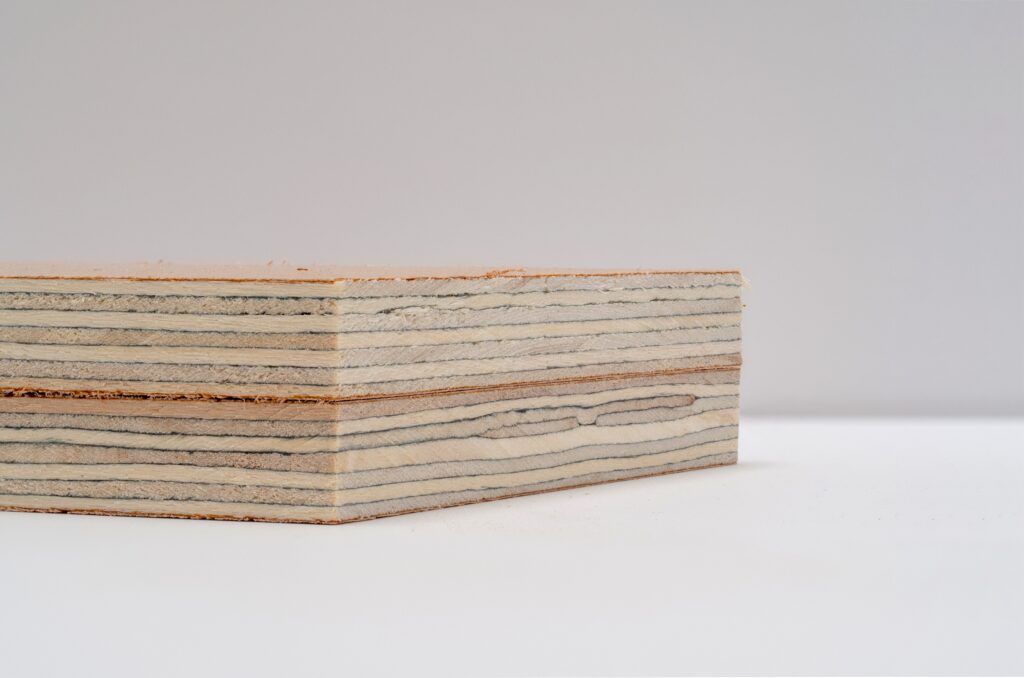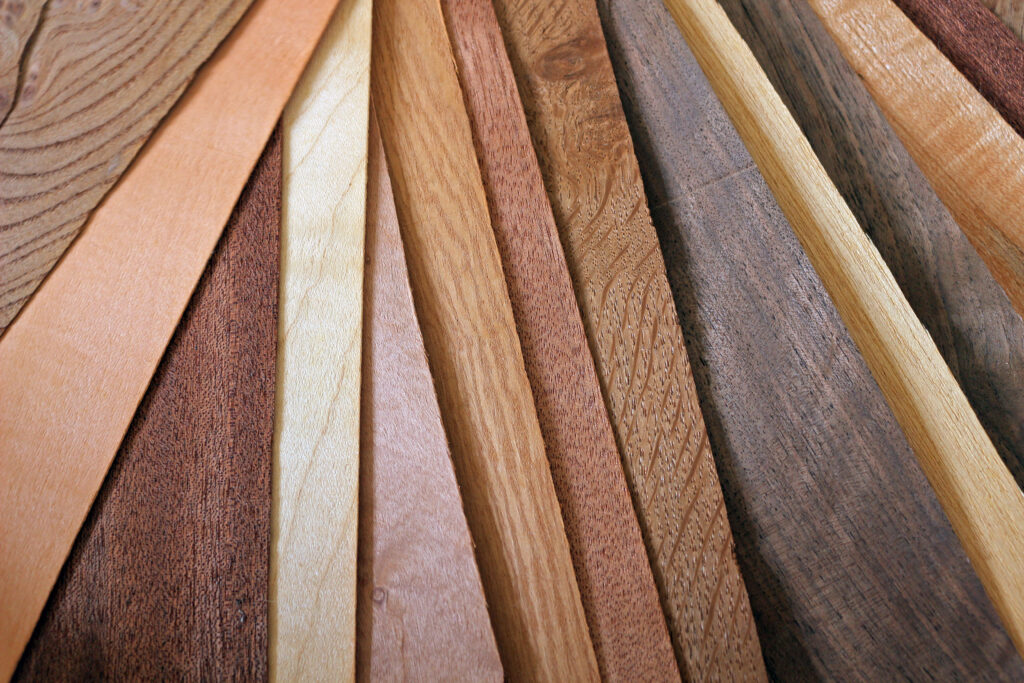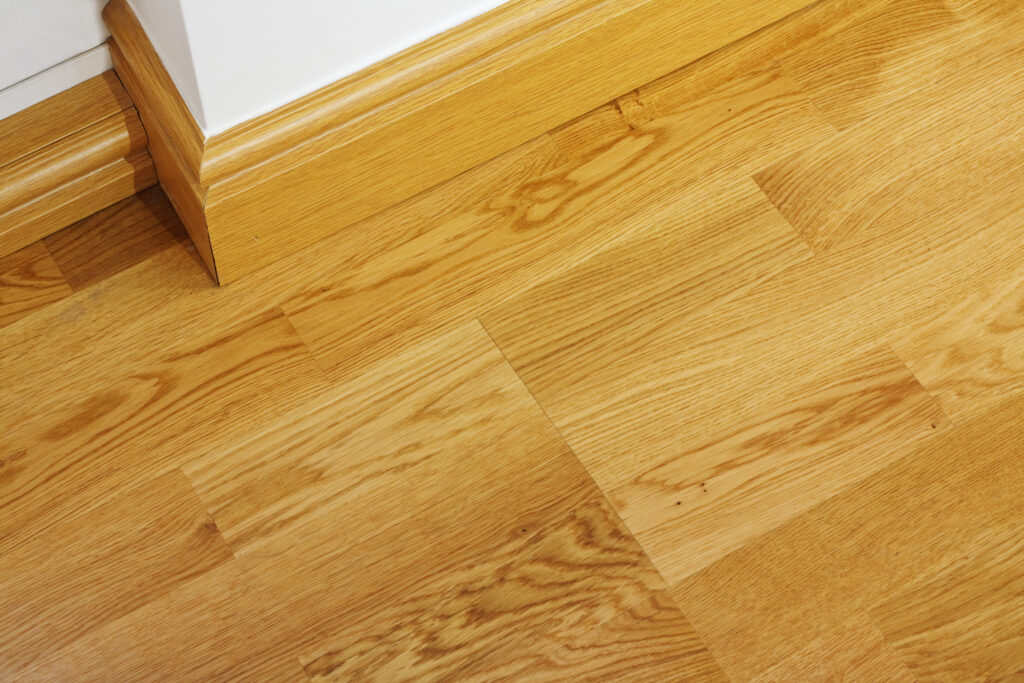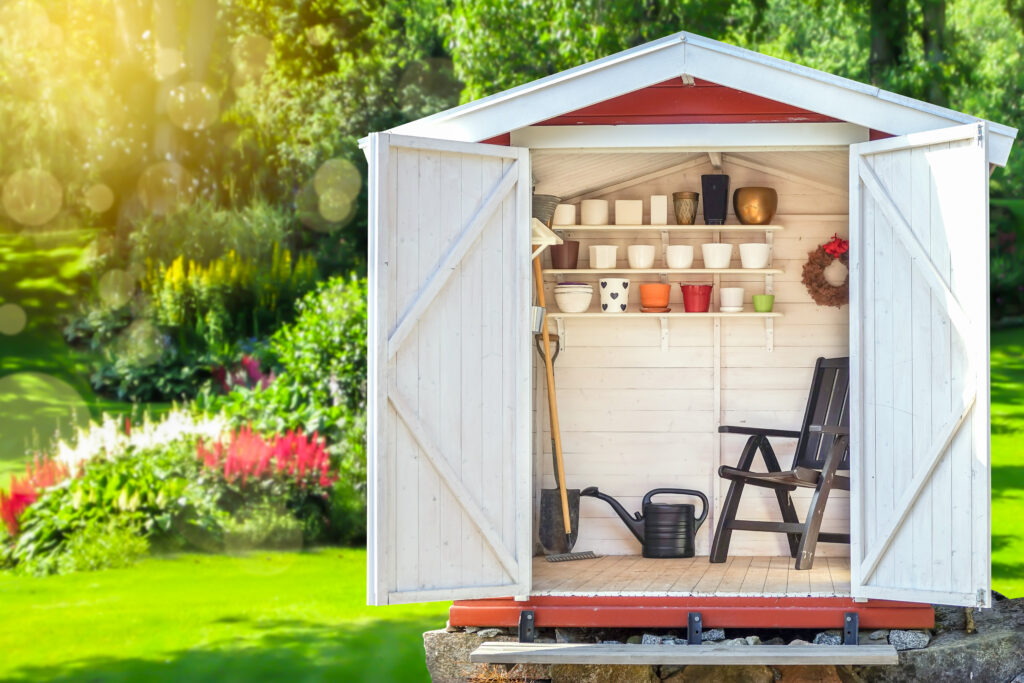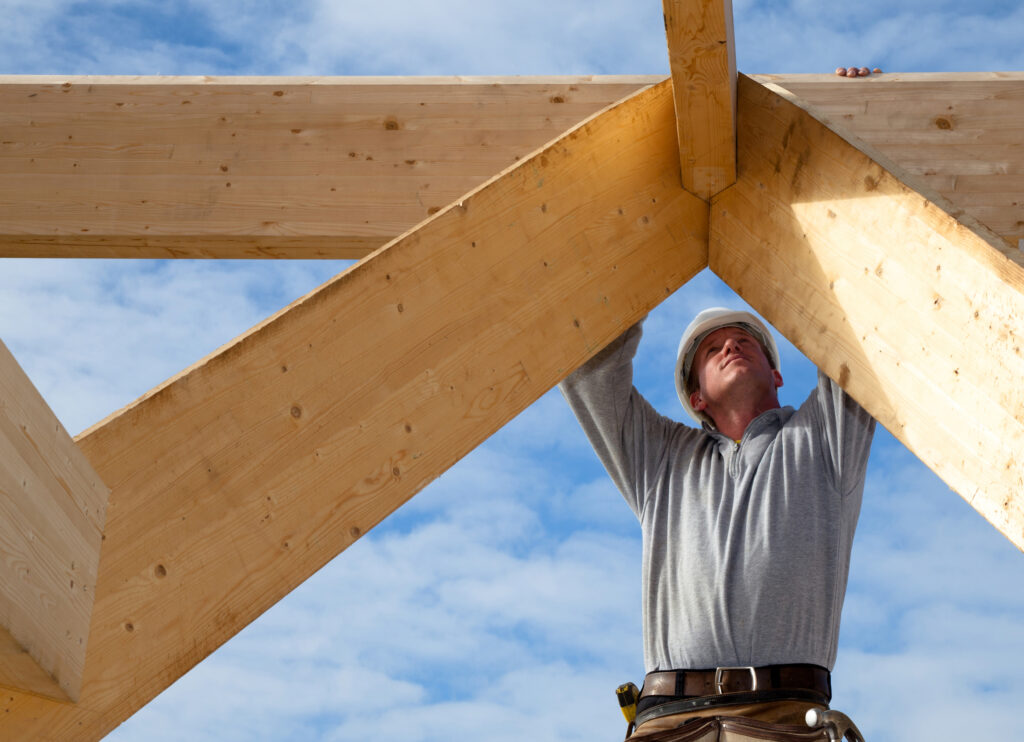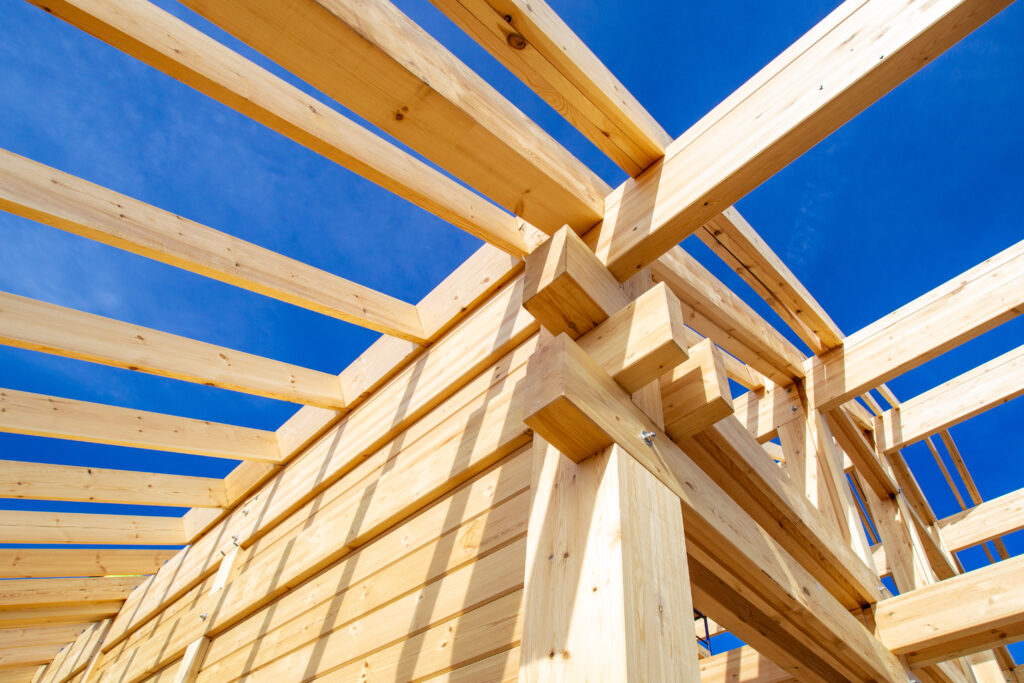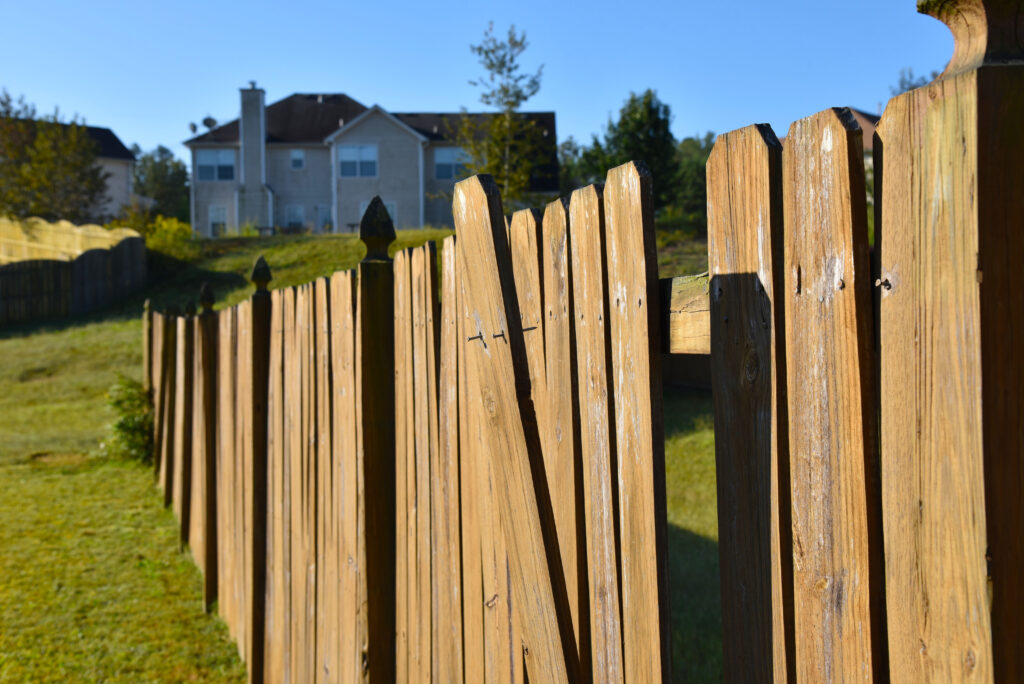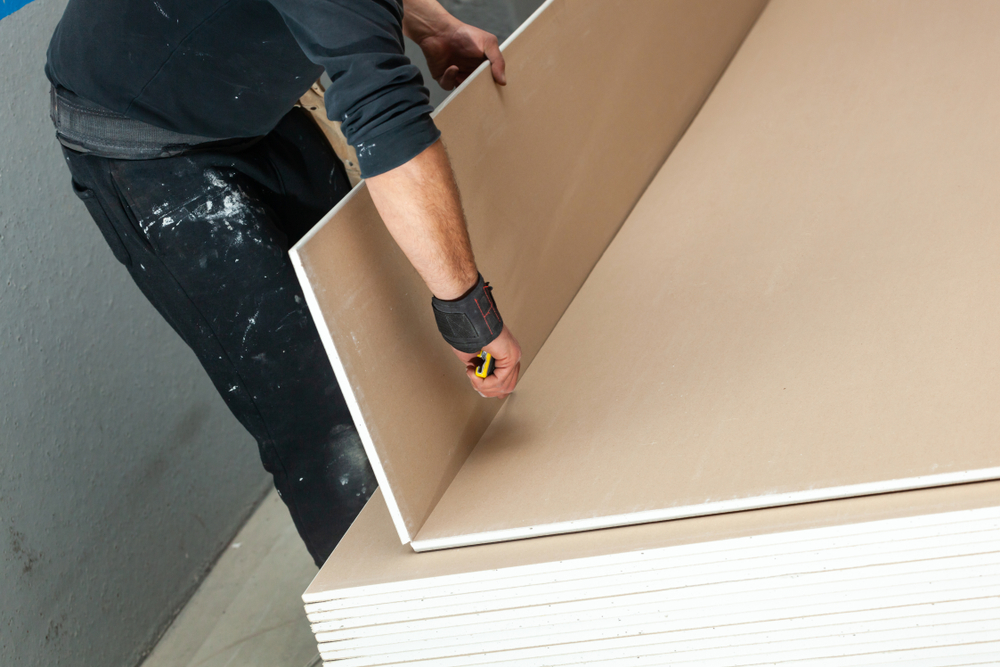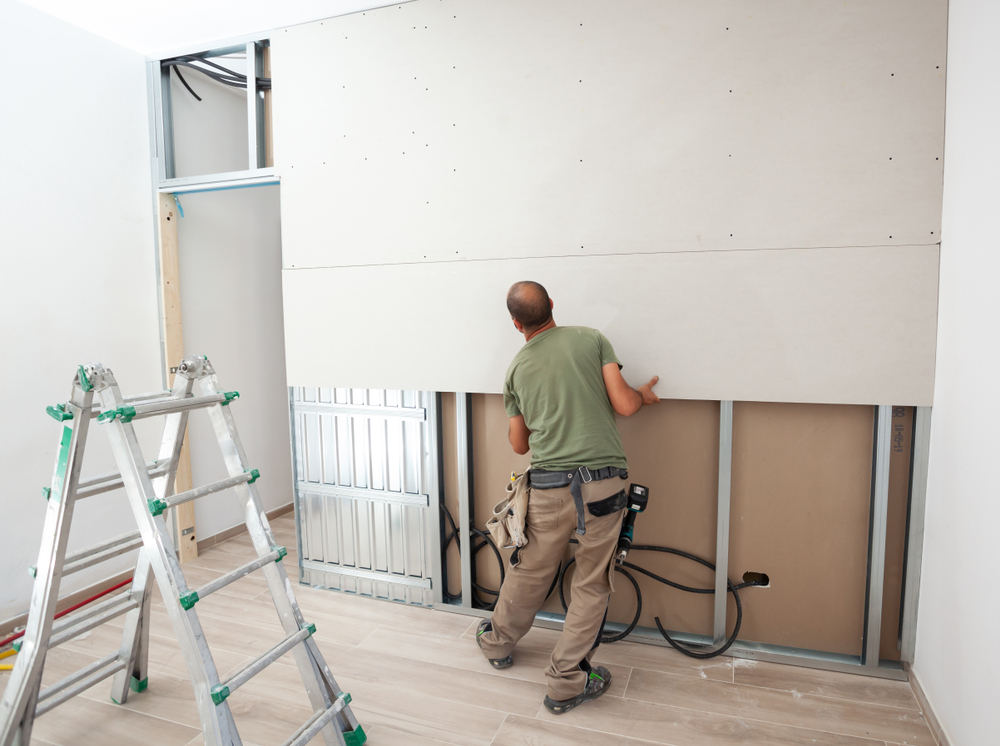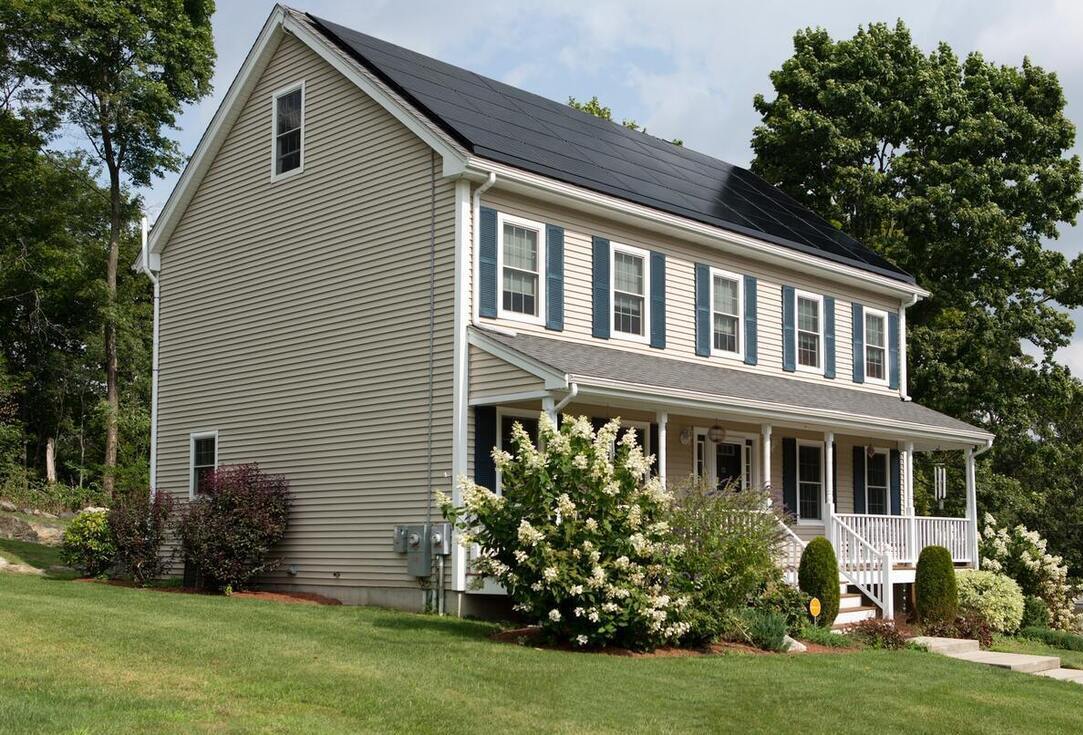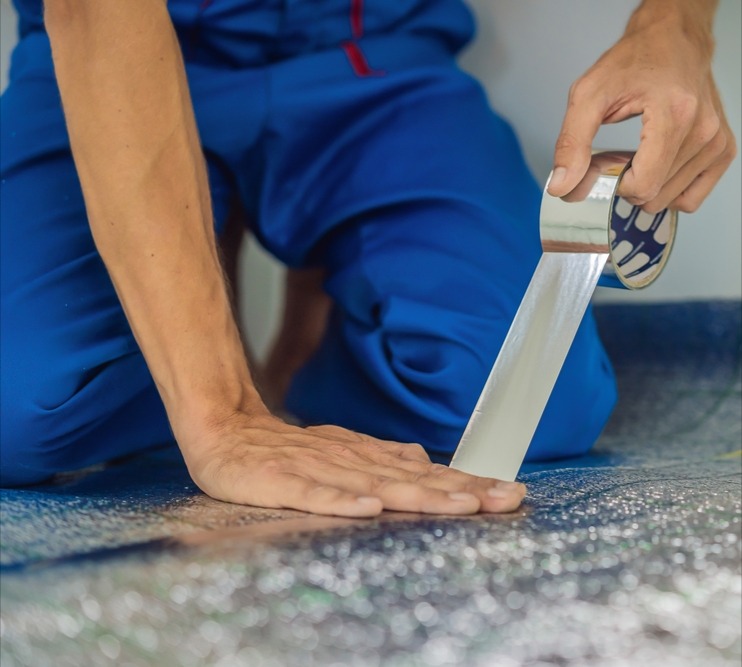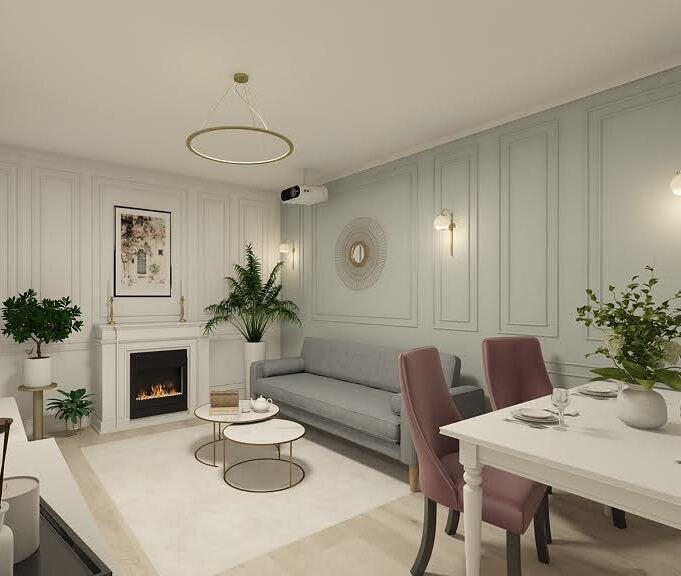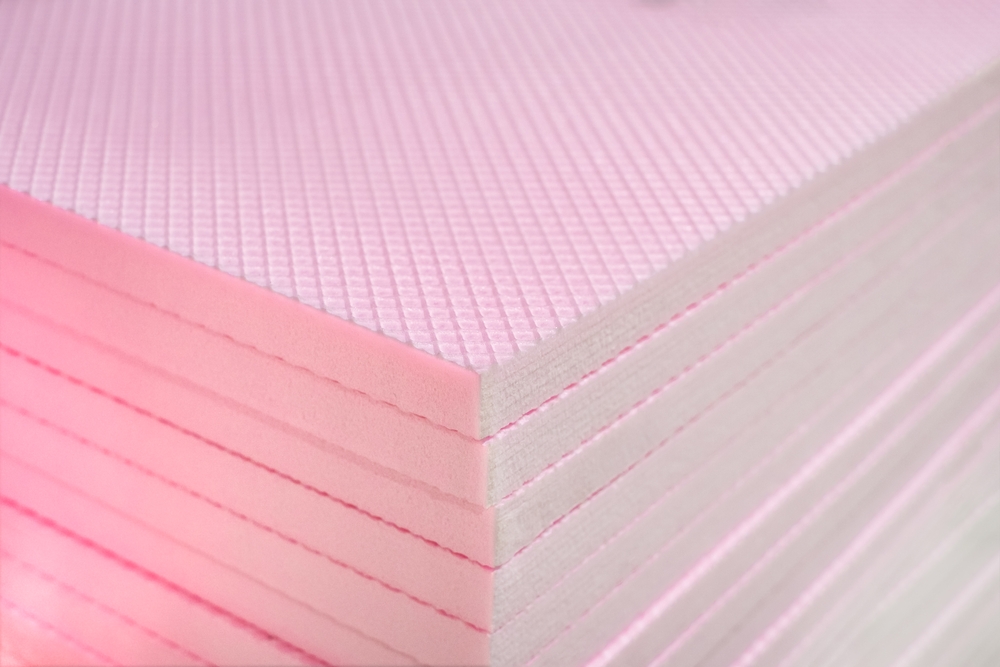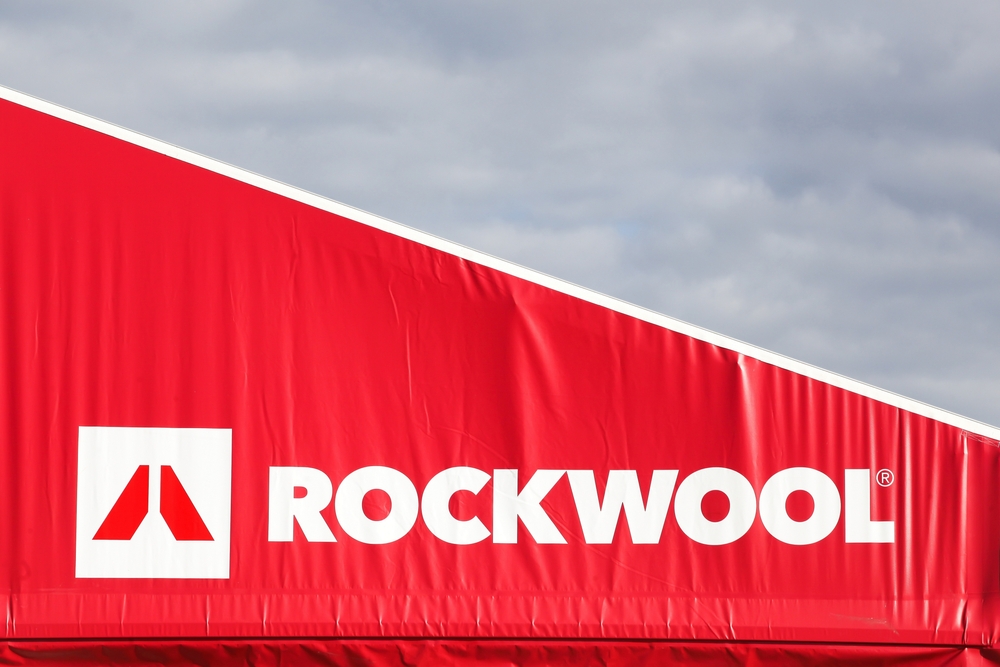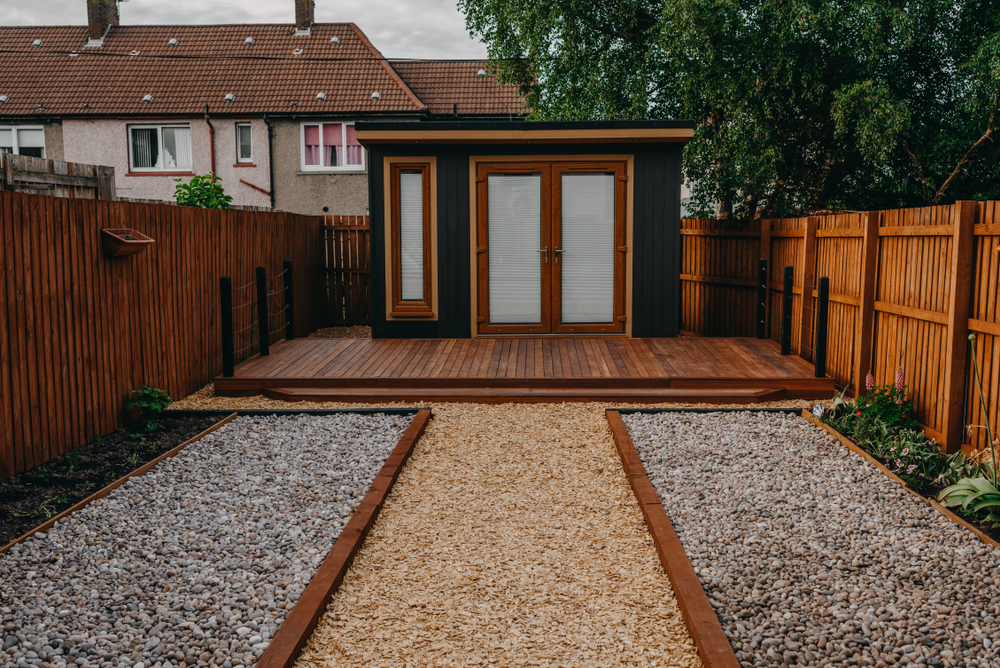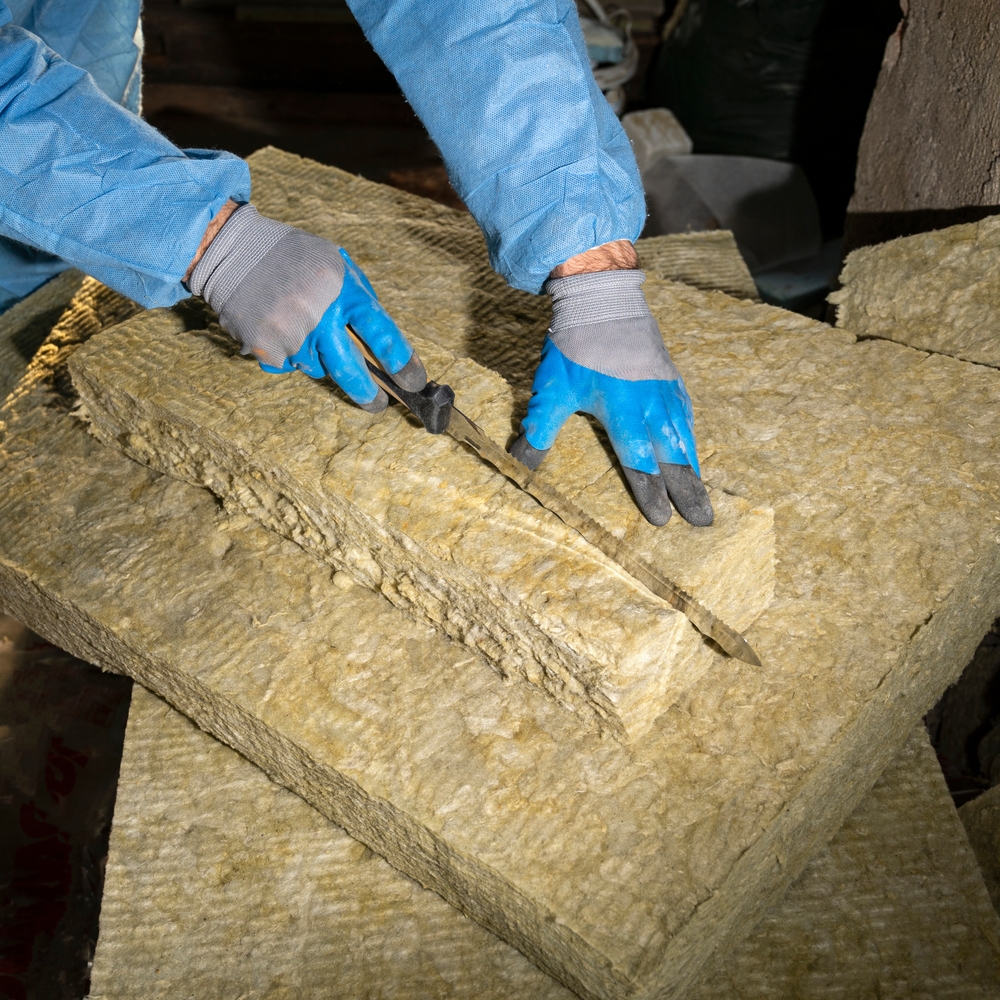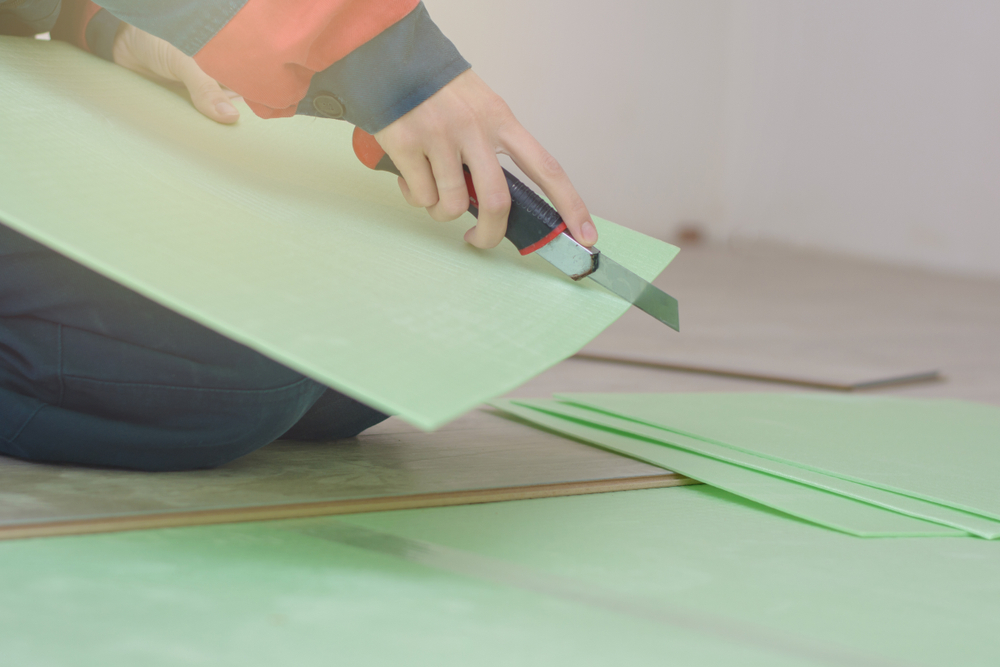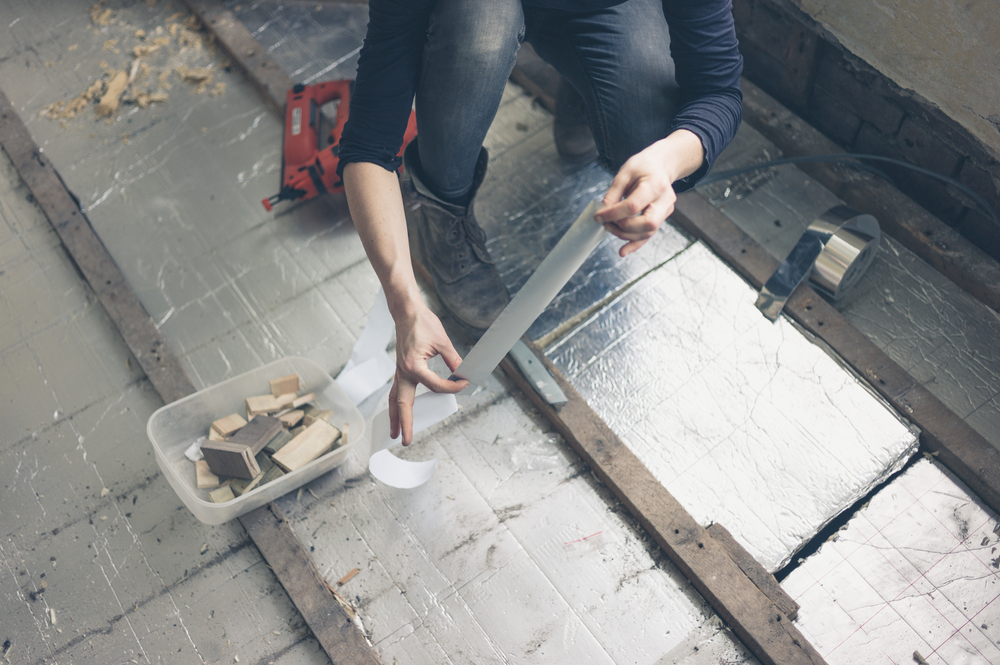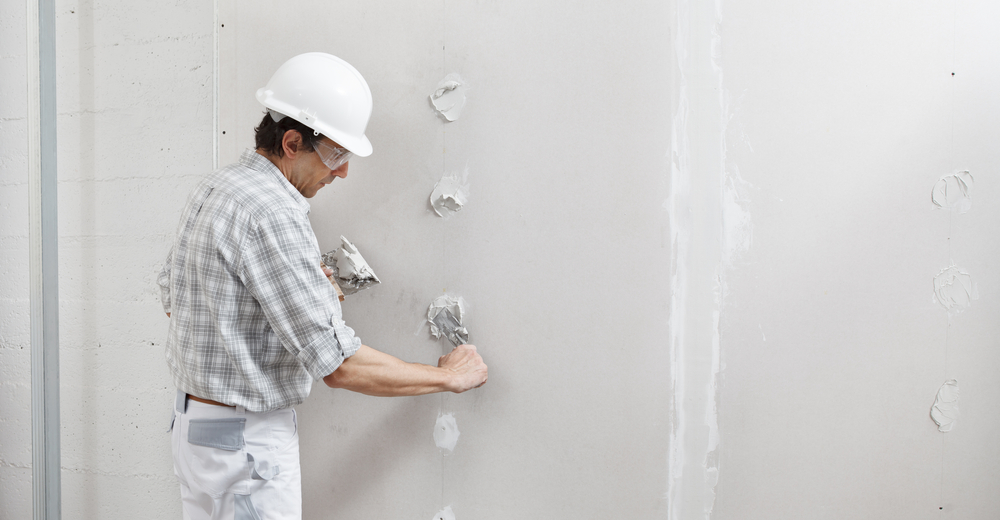The Ultimate Guide to Insulation for Partition Walls
| by Holly Wood

In the realm of home improvement, attention often gravitates towards visible enhancements – colours, textures, and fixtures that catch the eye. However, nestled within the walls of our homes lies a key component that significantly impacts comfort, energy efficiency, and even our monthly utility bills: insulation for partition walls.
The Importance of Partition Wall Insulation
Partition walls, otherwise known as stud walls, are commonly built against solid walls with either a metal/wooden frame. To maximise the sound and fire resistance of any residential or commercial property, it is essential to use internal stud wall insulation to fill these interior frames. Doing so will markedly improve your living space’s acoustics, safety and thermal envelope.
In many cases, the key purpose of installing insulation material within partitions is to enhance sound absorption within the cavity, thereby improving the overall acoustics of the wall. Building Regulations now mandate specific minimum sound insulation levels for internal walls in residential properties.
Of course, the most obvious reason to insulate a partition wall is for thermal protection. In the summer, insulated partition walls/interior walls will help to keep a room cool, preventing warm air from adjacent rooms from entering. Similarly, in the winter, insulation can help to keep a room warm by trapping heat in.
What are the Benefits of Installing Insulation In Partition Walls?
As we have mentioned, there are two main benefits of insulating stud partition walls – to enhance their acoustic properties and to provide thermal protection. But what are the specific benefits of using soundproof insulation and thermal insulation?
Acoustic Insulation For Partition Walls:
If you’re looking to reduce noise levels in your walls, then insulation rolls, slabs or rigid boards are the ideal solutions.
Rock mineral wool products (such as Rockwool RWA45) tend to exhibit stronger acoustic benefits and fire performance. Rock mineral wool also works excellently when it comes to insulating cavity walls.
No matter your preference, all three products (insulation rolls, slabs and boards) provide effective soundproofing qualities and will help you achieve a peaceful environment.
Let’s outline the key benefits below:
– Reduces noise levels in the office or home – excellent acoustic performance and sound reduction
– Creates a more peaceful working environment/living space
Thermal Insulation For Partition Walls:
Thermal insulation ensures that you are able to build a durable thermal envelope around your property. Low thermal conductivity values promise great thermal performance as well as peak energy efficiency, so be sure to keep an eye on those low digits.
Interior insulation will ultimately reduce the heat transfer that occurs between rooms and “party walls”.
The benefits of thermal insulation are as follows:
– Keeps rooms cooler in the summer
– Keeps rooms warmer in the winter
– Helps to cut down on heating bills
It’s also worth noting that internal wall insulation usually costs half the price of external wall insulation. For those who don’t quite have the finances to splurge on fully insulating their exterior walls, installing interior insulation is a more productive solution than doing nothing at all.
What Are Some Partition Insulation Materials?
There are a great deal of stud partition wall insulation solutions on the market. Above all, we would recommend using Rockwool insulation slabs. These dense, rock mineral wool slabs are a robust 3-in-1 acoustic, thermal and fire insulation solution that helps a building retain heat, dampen noise and resist fire.
To give you an idea of the density of Rockwool slabs, Rockwool RWA45 100mm, which is our most popular acoustic insulation slab, has a density of 45kg/m3.
These premium-quality semi-rigid slabs yield exceptional soundproofing. What’s more, they are also rated A1 (non-combustible) on the Euroclass scale. This means that they can significantly impede fire spread in a variety of applications.
With a matching thermal conductivity of 0.035 W/mK, Rockwool Flexi Acoustic Slab also marries the benefits of both thermal and acoustic insulation. Thanks to their patented flexible edge, the slabs can be applied between timber or metal stud wall frames with ease.
Conclusion
In conclusion, understanding the nuances of insulation for partition walls is paramount for creating spaces that are not only energy-efficient but also conducive to comfort and well-being.
Beyond mere energy savings and soundproofing, it’s about curating spaces that echo comfort and environmental consciousness.
Related Posts
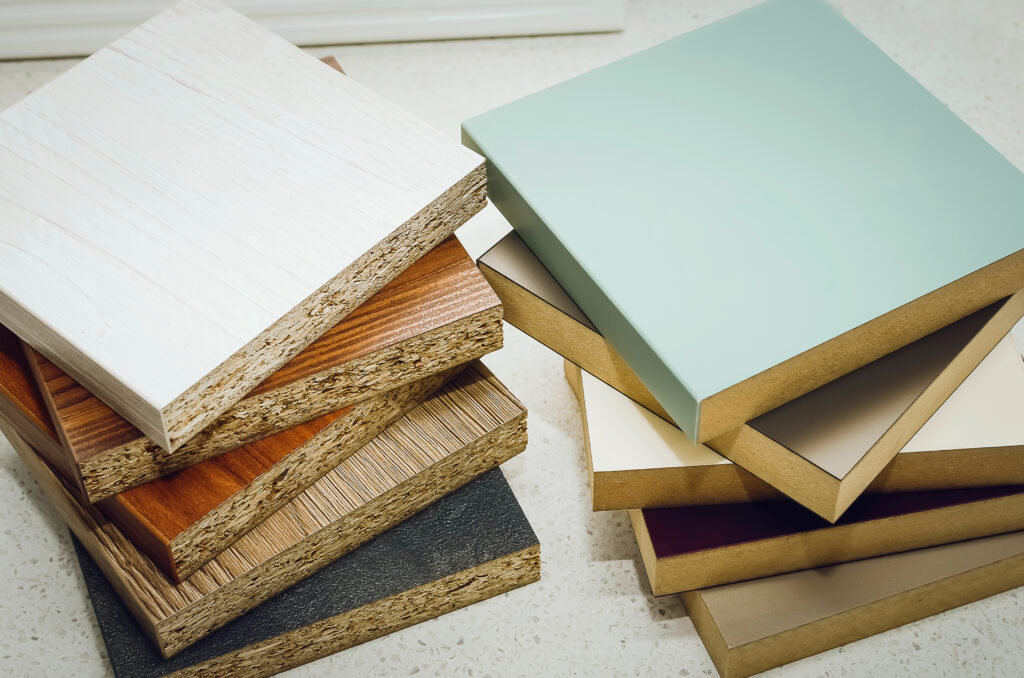
Chipboard vs MDF: Unveiling the Differences and Making the Right Choice

40 Financial Experts Reveal If Investing In Real Estate Is Worth It

International Men’s Health Week: Our study into men’s health and a medical guide to treating common ailments
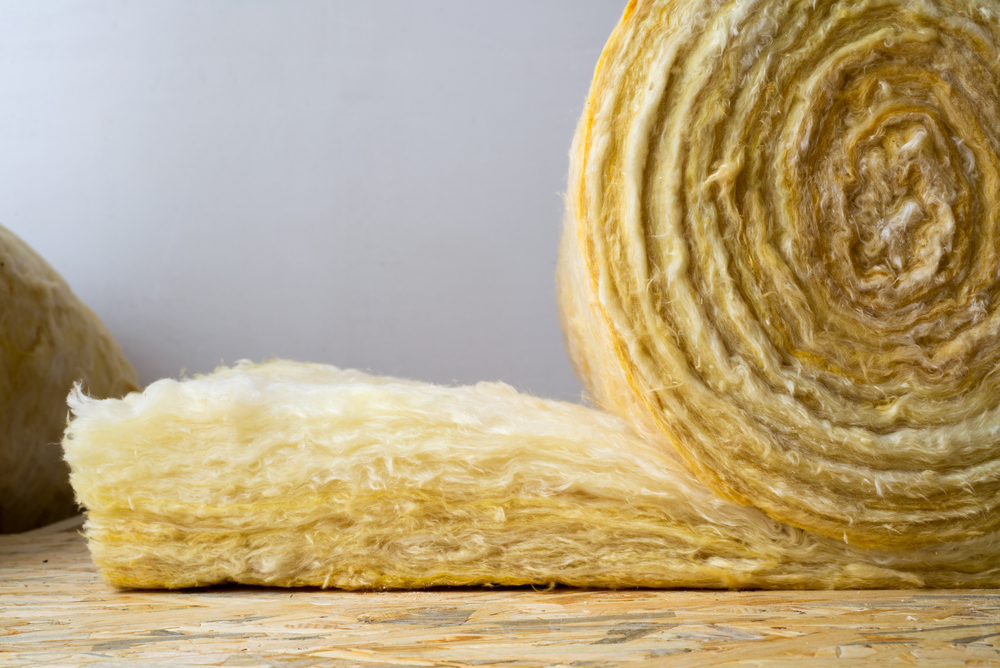
Insulation Rolls vs Insulation Slabs: Which Type is Better in a Partition Wall

Battle of the Builder’s Brew! Best way to make tea revealed (it’s never milk first, FYI)

Tidy house, tidy mind: Over half of Brits start DIY and home improvement projects to help mental health

Best in the bedroom: Survey reveals tradesmen make the best lovers

32% increase in ‘Doomsday Preppers’ building bunkers and safehouses
